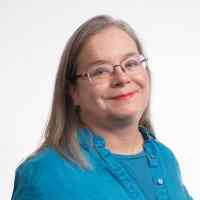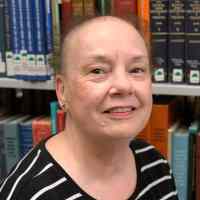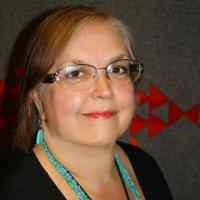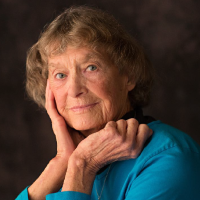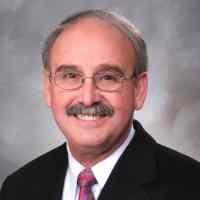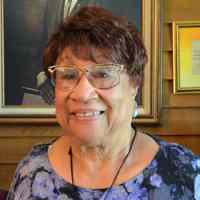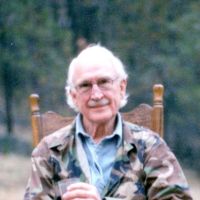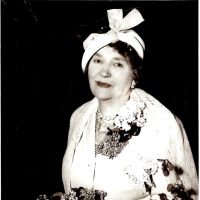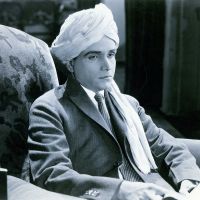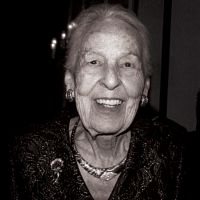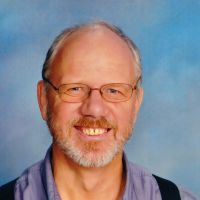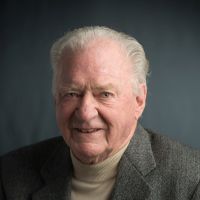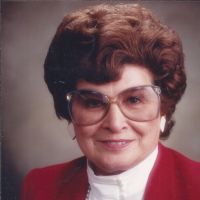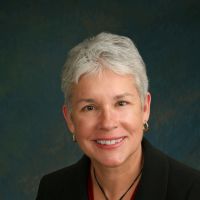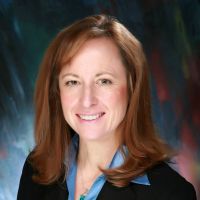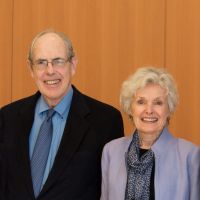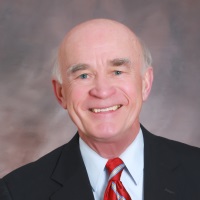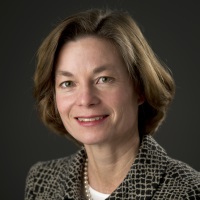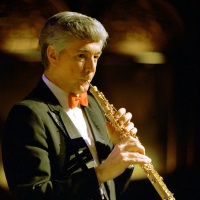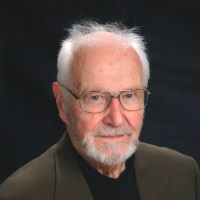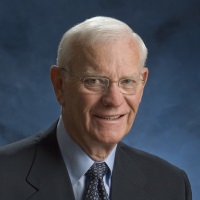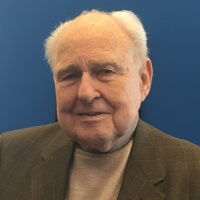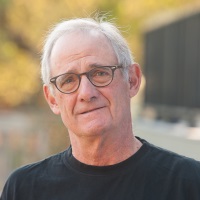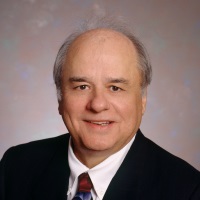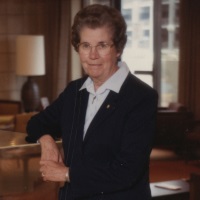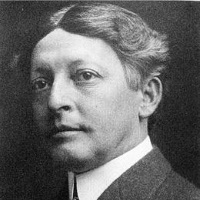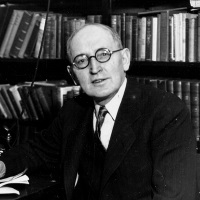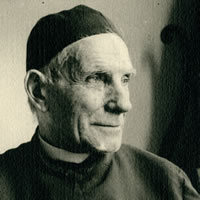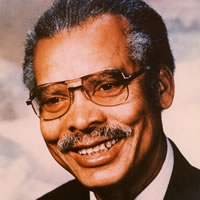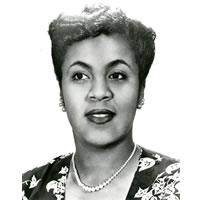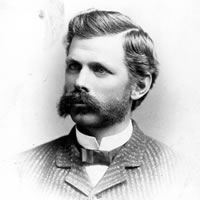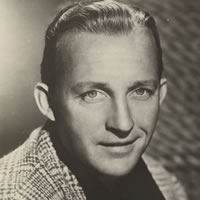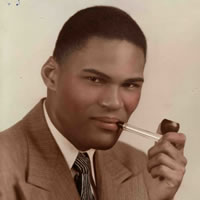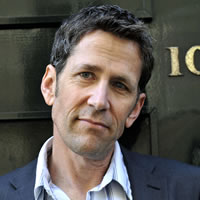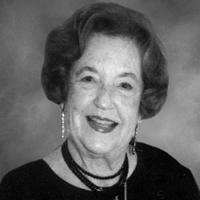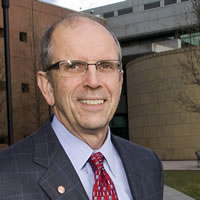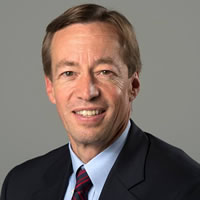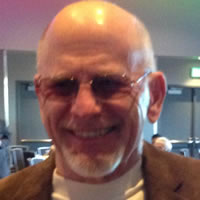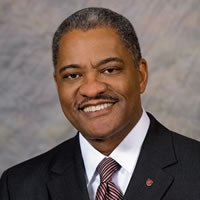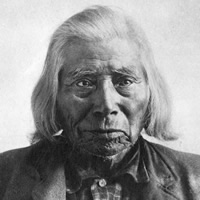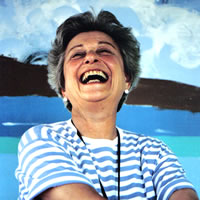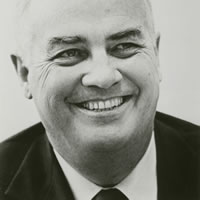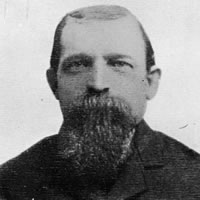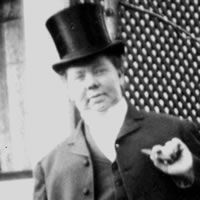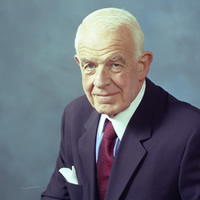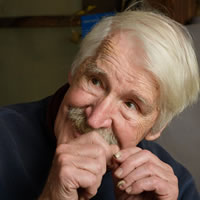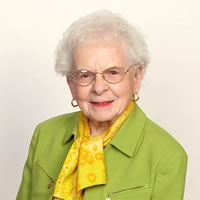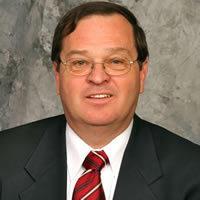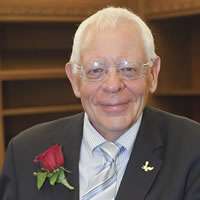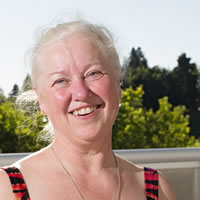

Filter by Category

Filter by Year
The Spokane Citizen Hall of Fame, created in 2015, honors great citizens of Spokane while providing funding toward the business and entrepreneurial services at Spokane Public Library.We welcome your gifts and support.
We would like to thank our generous 2017 sponsors:
In partnership with:
Founded 2015

Spokane Citizen Hall of Fame
The Spokane Citizen Hall of Fame recognizes individuals who have made outstanding contributions to the quality of life in our city and the development of Spokane.
Categories in which citizens are honored for their achievements include:
- Economic Development and Business
- For entrepreneurial activity or significant contributions toward the economic betterment of Spokane
- Education
- For enriching and inspiring lifelong learning in our community
- Public Service and Philanthropy
- For exemplary voluntary and public service activities that benefit the community
- Innovation and Leadership
- For activities that cultivate strong innovation and leadership city-wide
- Arts and Letters
- For activities that enhance and support the artistic/cultural and literary life and well-being of the community
- Science, Health and Medicine
- For individuals who have made significant contributions in the area of science, health or medicine
Founding Partner 2015
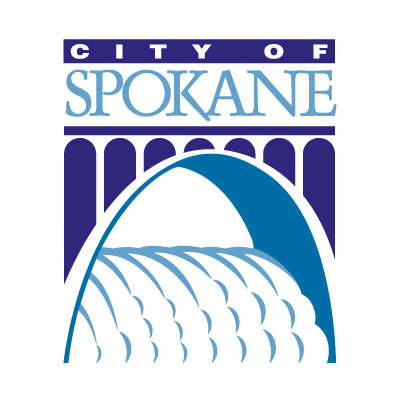
City of Spokane
Thanks to the City of Spokane for helping to develop the Citizen's Hall of Fame!
Founding Partner 2015

Spokane Public Library Foundation
The Foundation created the Citizen's Hall of Fame to recognize individuals for their contributions to our community, while also providing an opportunity to raise funds for the library.
Historic Inductees 2018
-lg.jpg)
Ruth Sampson Ayers (1898-1991)
If you work hard enough, you can achieve whatever it is you wish. I always thought Spokane could be anything it wanted to be.
Ruth Sampson Ayers (1898-1991) - Ruth Sampson Ayers, musician and business owner, was a lifelong Spokane resident whose parents came from Sweden in the 1880s. Ms. Ayers graduated from North Central High School in 1918. As a high school senior, she had already directed the choir at Fourth Presbyterian Church. She began working for Pacific Music Company when she was a teenager and opened the sheet music department there. In 1929, she opened the Ruth Sampson Sheet Music Company and changed the name when she married Stephen Ayers in 1945. The Sampson-Ayers House of Music had a piano and organ department, music practice rooms, and a recital hall in addition to selling sheet music. She sang as a soloist and directed many Spokane choirs throughout her life. Ms. Ayers helped organize the Spokane Philharmonic Orchestra and served as a board member for many groups that brought music to Spokane. She volunteered with school orchestras and organized the Spokane Music Festival for young artists. In 1979, she sold her business after her husband’s death but remained an active member of many civic organizations until her death in 1991.
Historic Inductees 2018
-lg.jpg)
Eric A. Johnston (1895-1963)
When Expo ’74 was proposed, some people in Spokane were not for it! I stood up for it! And it was every bit as good as was hoped. Why, I went every single day! -Ina
Eric A. Johnston (1895-1963) was a national and international figure who served as a model of unselfish public service and philanthropy. Ina Hughes Johnston (1896-1991), a Spokane native, helped Spokane for decades with a long record of civic achievement and responsibility. Their legacy is still felt in Spokane through the Johnston-Hanson Foundation and the Johnston-Fix Foundation, which have a long record of philanthropy for education, the arts, children’s welfare, social work and so much more. Mr. Johnston served as president of the Motion Picture Association of America and the United States Chamber of Commerce. Because of his work, they lived for many years in Washington, D. C. but they always considered Spokane to be home. Their living family members continue to carry on Ina and Eric’s work, and their passion for giving continues to be evident throughout the Spokane community.
Historic Inductees 2018
-lg.jpg)
Dr. John Moyer (1922-2014)
If you live in a community for a major part of your life or even a minor part, it is vital that you make some sort of contribution to community effort.
Dr. John Moyer (1922-2014) - John Moyer, Spokane physician and legislator, was born in Montana in 1922. After graduating from high school in Fargo, North Dakota, John attended North Dakota State University before being drafted into the army during World War II. He completed his undergraduate degree after his return, including one year at Washington and Lee University in Lexington, Virginia. He later attended the University of Illinois College of Medicine in Chicago, and he completed his residency in Obstetrics and Gynecology at Cook County Hospital. In 1955, he relocated to Spokane where he served as a physician for thirty years, delivering more than 7,000 babies in Spokane and the surrounding area. In addition to his medical practice, Dr. Moyer was politically active, represented Spokane in the Washington State Legislature for ten years, and served on numerous local boards and committees. He was instrumental in promoting the importance of the Spokane River Gorge as “a rare and tremendous feature to be prized and preserved.” Rather than merely opposing the Lincoln Street bridge construction project that would have ruined the view of Spokane Falls, Moyer offered a positive vision that inspired hundreds of citizens to coalesce around the proposition that the community was better served by preserving the views of the falls. Dr. Moyer was married to Caroline Atkinson and together they raised ten children. After her death, he married Joanne Halstead and they were married for twenty-seven years.
Historic Inductees 2018
-lg.jpg)
Ed Tsutakawa (1921-2006)
I decided that after the war I really wanted to establish myself as a Spokane citizen all the way – to get involved in the city’s political, business, social and public service activities. I wanted to be part of my community. I wanted to help it in all the ways I could.s
Ed Tsutakawa (1921-2006) - Ed Tsutakawa, Spokane artist, civic leader, businessman and community activist, championed the Sister City relationship with Nishinomiya. Tsutakawa was born in Seattle in 1921, but at the age of six, his parents sent him to their native Nishinomiya to attend school. After graduating from high school in Seattle, he enrolled at the University of Washington but after Pearl Harbor, was sent to Minidoka, a Japanese internment camp. After nine months, he was drafted into the U. S. army, where he served for the rest of the war. When the war ended, he came to Spokane, where he became a printer and artist. He designed logos and catalogs and spent the rest of his life in Spokane, devoted to his community. Tsutakawa advised mayors and originated the idea of a sister city relationship with Nishinomiya. As a Sister City with Nishinomiya, Spokane has benefitted with the construction of the Japanese Garden in Manito Park and Mukagawa College at the old Fort George Wright site. He was instrumental in bringing a Japanese planner to design the garden. After retiring from his printing business, Tsutakawa joined the administration at Mukagawa. After his death in 2006, the Park Board renamed the Japanese garden in his honor.
Arts and Letters 2018
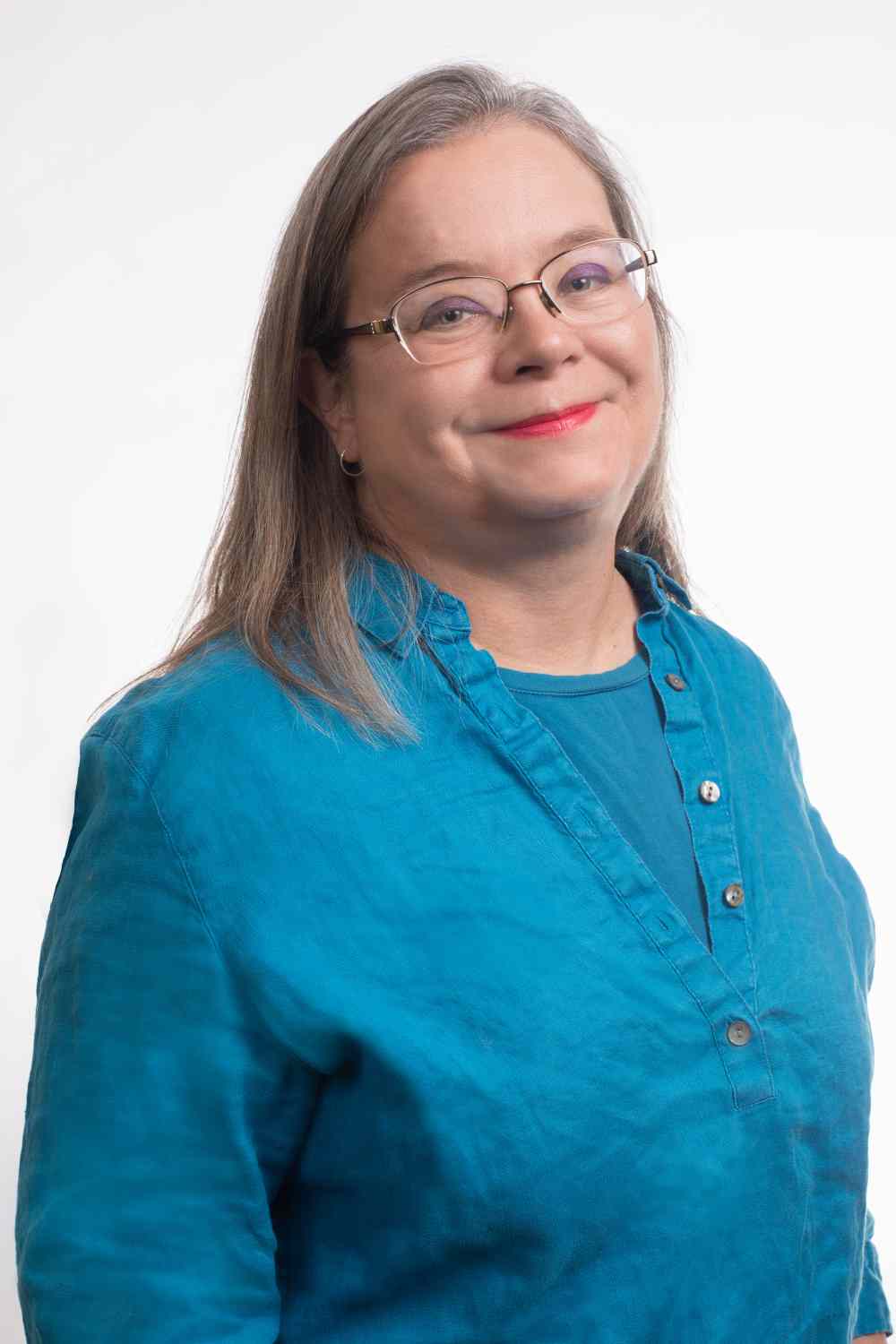
Karen Mobley
While I am an artist and poet, I see one of my important roles is being an advocate, nurturer and supporter of others in the arts. I do my best to help artists in all disciplines, audience members, tourists, kids and elders find experiences and to make their livings – financially, spiritually, wholly. My goal is to help raise all the boats – for the artists in all disciplines, for the arts audiences, and for the kids in our community. We all are better when everyone is better.
Karen Mobley is a visual artist, poet, and arts consultant. She holds an MFA from the University of Oklahoma and a BFA with Honor from the University of Wyoming. Mobley served as Arts Director for the City of Spokane from 1997-2012 and was Artist in Residence at Laboratory in Spokane, Spokane County Library District, AIR Studio Paducah, Jentel Foundation and Brush Creek Foundation. She participated in Spokane’s Window Dressing installation program and in more than 100 group exhibits. Mobley serves as an adjunct faculty member at Whitworth University, as an instructor for Spokane Art School, and as a Program Contractor for Spokane Arts. She is on the board of Cultural Access Washington and Cultural Access Washington PAC, a member of Rotary 21, and sings in her church choir.
Economic Development and Business 2018
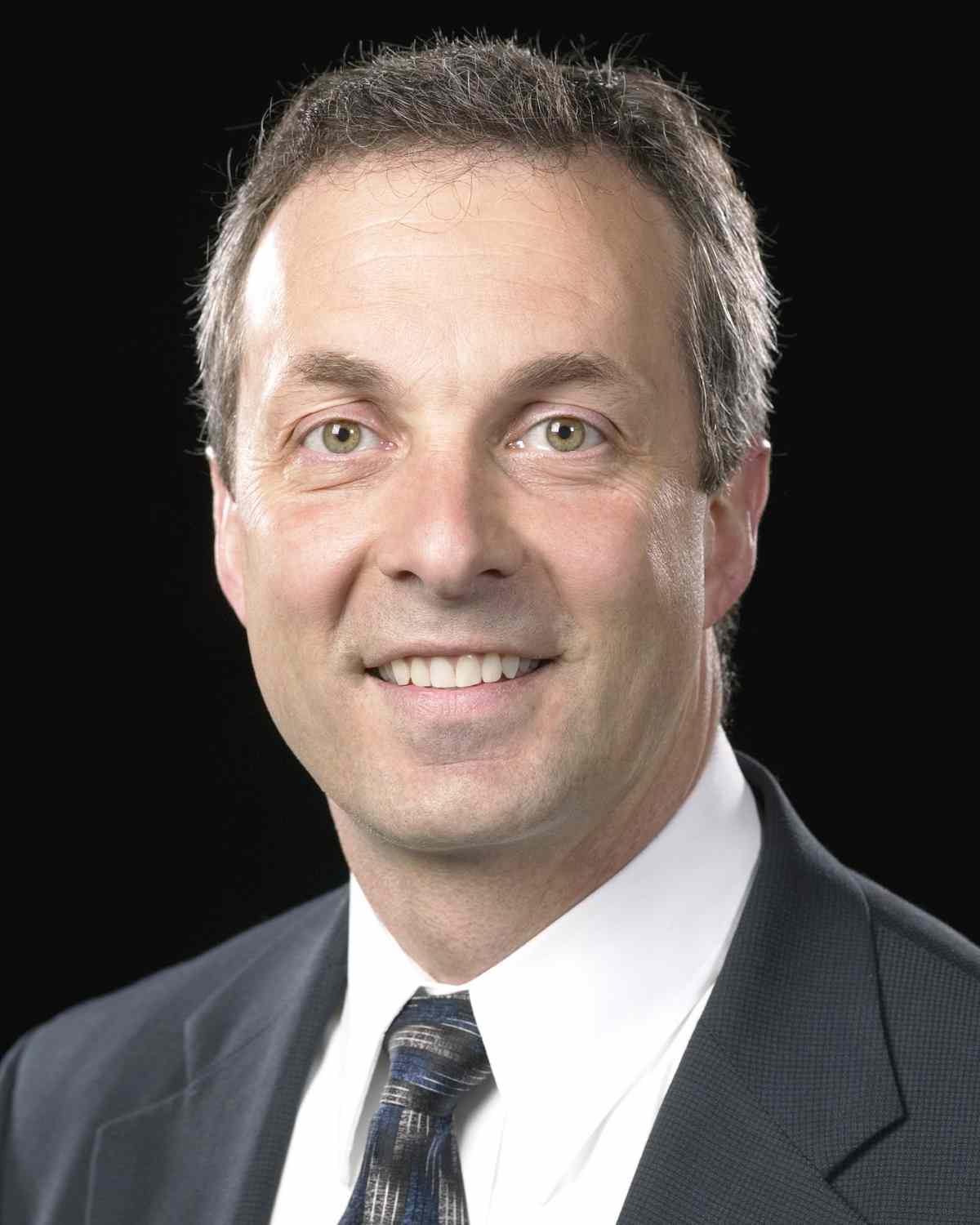
Jeff Philipps
As the President of Rosauers, we firmly believe in reinvesting in the communities we serve to address basic food needs, improve the quality of life and support a culture of care. My work in the community allows me to encourage collaborative efforts to make Spokane a vibrant, healthier and more prosperous place for us and those who follow us.
Jeff Philipps began his career in the food industry 47 years ago starting as a “box boy” for Buttrey Foods in Great Falls, Montana. After 28 years of working for a number of retail and distribution companies, Jeff was recruited to serve as President and CEO of Rosauers Supermarkets in July of 2000. He is responsible for the company’s 21 stores, three banner operations, and 2,100 employees. Rosauers’ recent accolades include being named Philanthropic Large Corporation of the year in 2016, and receiving a coveted AGORA Award for their active participation in the communities they serve. Philipps has been active within our community, serving as Chair of the 2012 United Way Campaign, Board Chair for Greater Spokane Incorporated (GSI), and Council President of Inland Northwest Council for the Boy Scouts of America. Philipps continues to be involved with a number of local community and non-profit organizations. He and his wife Kathie have three children ranging in age from 20 to 26.
Education 2018
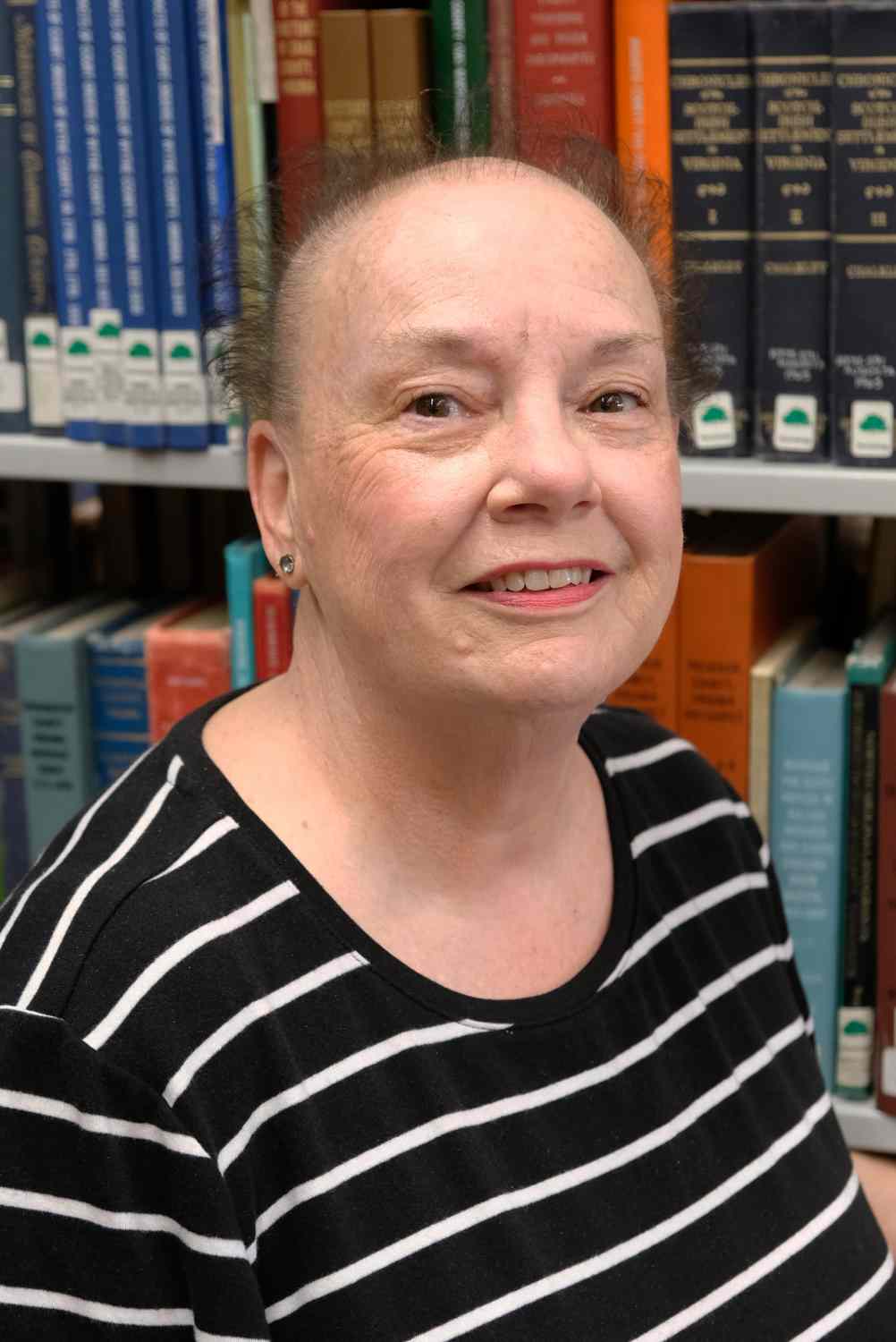
Deborah K. Johnson
Libraries provide resources and support to facilitate life-long learning for all; I couldn’t live without them!
Born into a family of educators, Deborah started teaching in the 1970s. She obtained her master’s degree in Educational Administration with principal’s credentials and started as a school administrator starting in the 1980s. In 1988, she moved to Spokane having been hired to become the principal of Lidgerwood Elementary, Hutton Elementary, and the Libby Center. She was principal for the district’s most brilliant third through eighth graders, and the district’s most medically fragile. Here she learned that there were essentially six types of gifted students, four of which were extremely at risk, especially at risk of dropping out of high school. Ninety percent of the community, including state legislators, did not know this about gifted students, so she began educating community and state leaders about the special needs of high ability students. Johnson retired in 2010 after 37 years in public education and founded two nonprofit organizations, PRODIGY NORTHWEST and INVENT WASHINGTON. She continues to volunteer with Prodigy Northwest and Invent Washington to this day.
Innovation and Leadership 2018
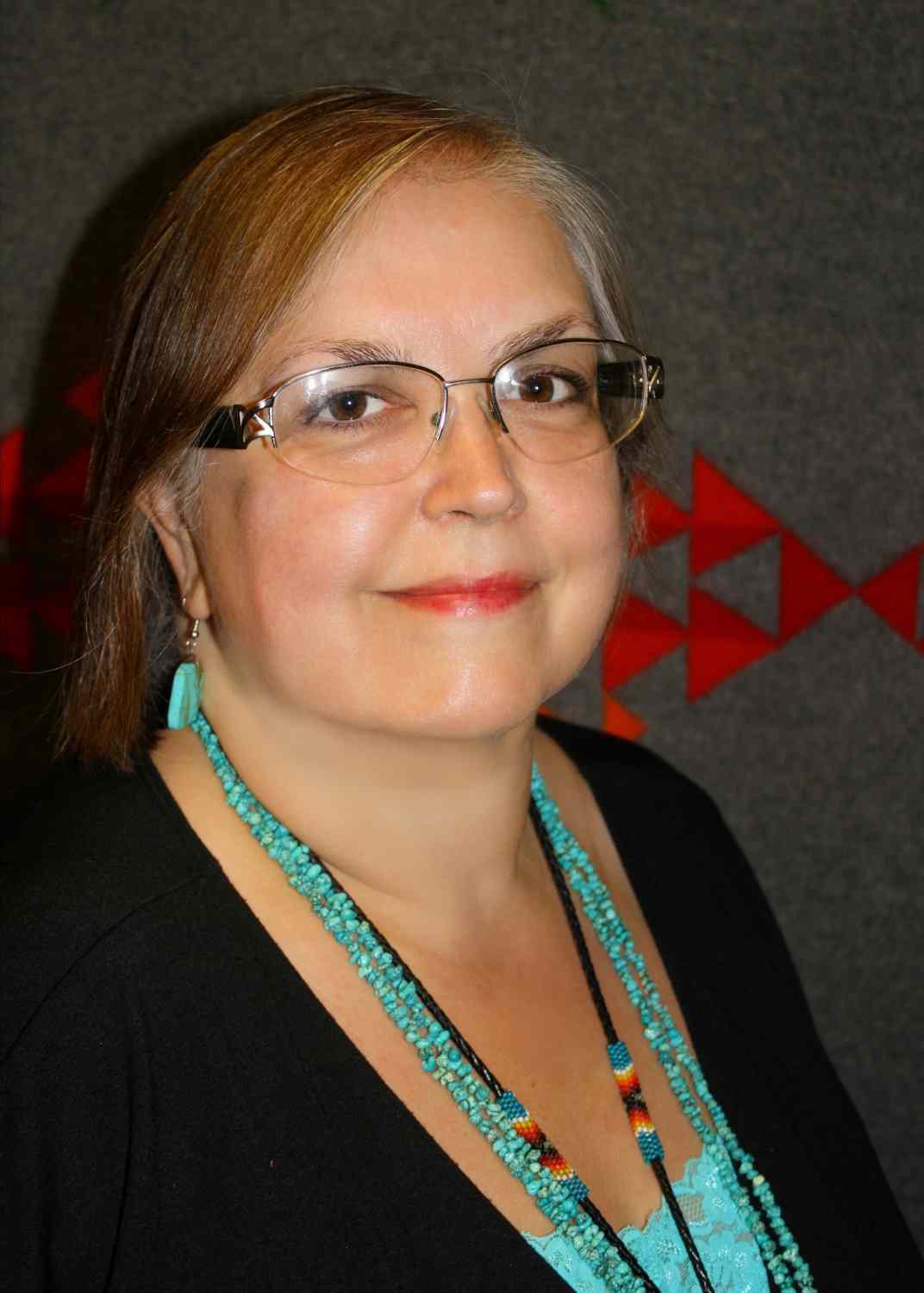
Toni Lodge
The library probably saved my sanity as a kid. I would go to every library at the school I was at or in the little towns we lived in and make friends with the librarian. I read every book I could (and probably many I should not have—I mean what 13 year old needs to read Kurt Vonnegut?) and I read until my head was full of books. I still read everything I can and “my nose in a book” is still my happy place.
Toni Lodge, mentor, friend, mother, and grandmother is a lifetime American Indian community activist and business person who has lived and worked in Spokane for 40 years. An enrolled member of the Turtle Mountain Chippewa tribe, Lodge attended the University of North Dakota. In the 1970s, Lodge worked as a newspaper reporter and covered stories about the American Indian community renaissance. Lodge went on to work as a public relations person, grant writer, counselor, and social services provider and has been the CEO of the NATIVE Project for the past 27 years. The NATIVE Project is an urban Indian nonprofit center that offers medical care, dental, pharmacy, prevention and youth services, community powwows and cultural events, licensed behavioral health services, and more. The NATIVE Project serves people of all ethnicities and Natives from over 300 tribes.
Public Service and Philanthropy 2018
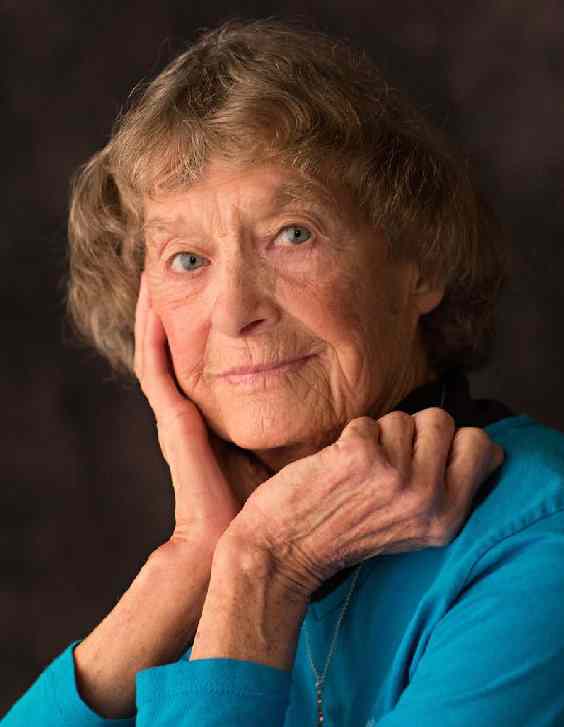
Sister Madonna Buder
God, help me do my best, and You do the rest.
Sister Madonna Buder (aka, The Iron Nun) is a triathlete, a philanthropist, and a child of God, living out her faith in a life that has been filled with genuine kindness and caring for our Spokane community for decades. She has inspired countless people through her faith, her community outreach, and through her running. She knew at the age of 14 that she wanted to be a nun. By the age of 87, she had completed nearly 400 triathlons, including 45 full Ironmans. Sister Madonna was inducted into the USA Triathlon Hall of Fame in 2014. She’s also written a book, The Grace to Race, and starred in her very own Nike commercial. Her philanthropy has benefitted SNAP and Catholic Charities among others as she continues to advocate for and provide for those in need.
Science, Health, and Medicine 2018
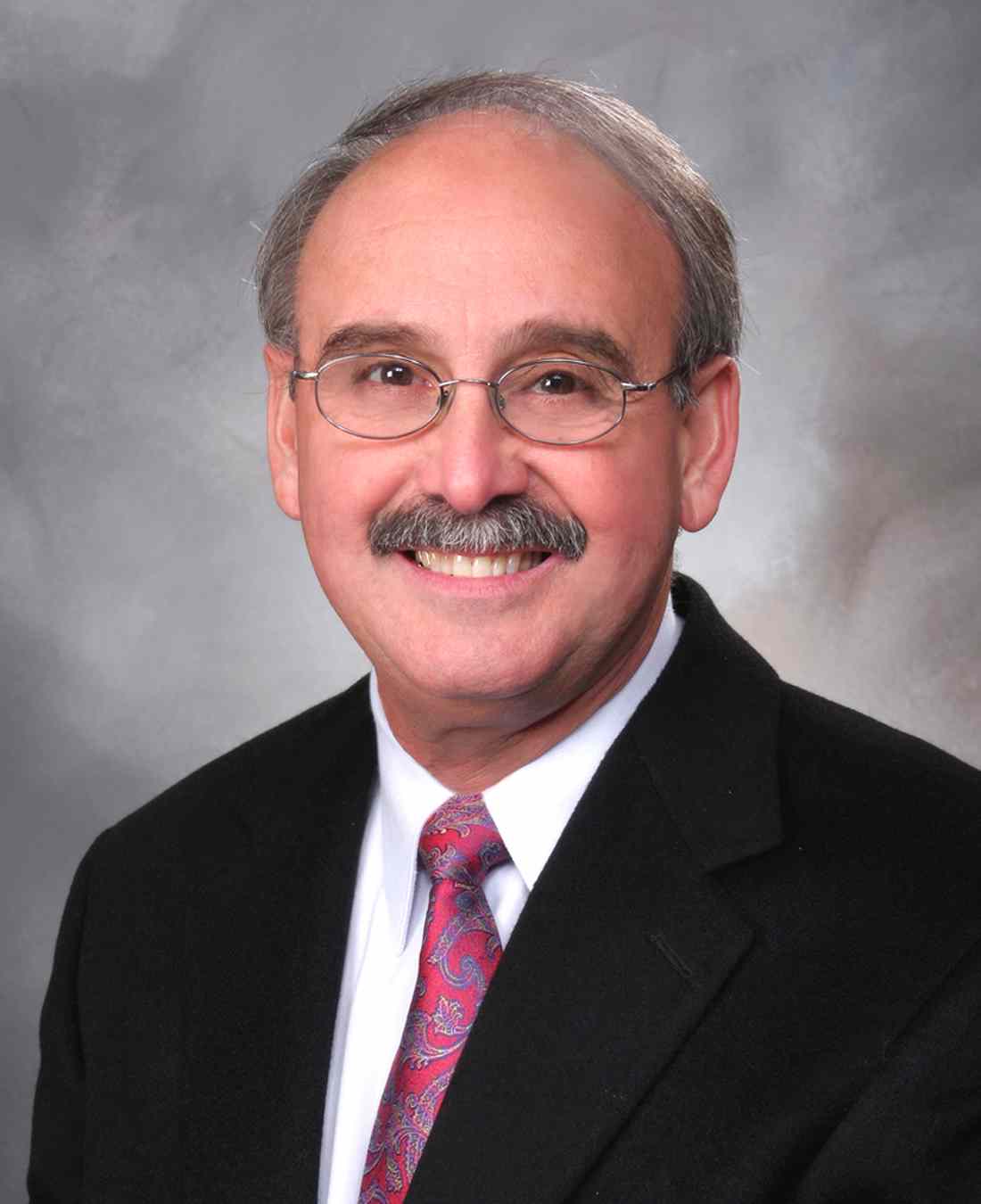
Dr. Hrair Garabedian
The City of Spokane and the people of Spokane have been very warm and accepting of me and my family, despite being an immigrant from Lebanon with a strong accent. Parents of my patients trusted me with the lives of their precious children, and the medical community here has supported my dreams and aspirations. Without this trust and support, I would not have been able to achieve what I have in this community. Thank you Spokane .
Born in Lebanon, Dr. Hrair Garabedian graduated from the American University in Beirut and graduated from medical school in 1967. He moved to the United States with Hilda, his wife of 52 years, to continue his medical education. His family moved to Spokane in 1971 where he practiced as a board certified pediatrician, neonatologist, pediatric cardiologist, and adult congenital heart specialist. Dr. Garabedian helped to establish the neonatal ICU at Sacred Heart Medical Center and was director of the NICU for 25 years. He was instrumental in developing the pediatric cardiology program and the adult congenital heart disease program in Spokane, one of few accredited adult congenital programs in the country. In 1991, he traveled to Armenia to help children with congenital heart disease and eventually established the Nork Marash Medical Center with a fellow physician.
Spokane Community Impact Award 2018
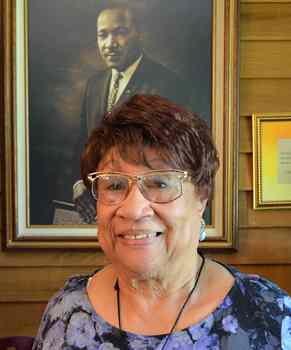
Jerrelene Williamson
The City of Spokane is meaningful to me, because it is my home and was the home of my great grandparents, my grandparents and my mother and father. I grew up here. Though Spokane has not always been ideal for us, as black citizens, Spokane has at least tried and I love this city.
Jerrelene Williamson is the descendant of Spokane African American pioneers. Her father, Abner Hill, was born in Spokane in 1899. She is a founding member and for 10 years was president of Spokane Northwest Black Pioneers, established in 1989 with the statewide Centennial Tribute to African Americans, sponsored by The Bon Marché. Jerrelene delighted in creation of the Spokane exhibit and has made it her mission to continue to share that history with people of all ages and all races and ethnicities, near and far. Because of her dedication, historic images and artifacts of African Americans and stories of their survival, culture, churches, history, and significance in the community have been shared in newspapers and magazines, museums and libraries, K-12 schools, colleges and universities, and on local and national television on C-SPAN. Through her passion for preserving and sharing the rich history and legacy of African Americans in Spokane, the Available for check out at community has had a glimpse of what life Spokane Public Library. was like for African Americans at work, at home, at church, and at play. Jerrelene could not be prouder of Spokane, a place where she has encountered discrimination but also friendship and a sense of community. She and her late husband Sam Williamson raised five children in Spokane. He owned a janitorial and floor refinishing company and she became the first African American grocery cashier in Spokane, working for Safeway for 27 years. Following her retirement, she had a ten-year ministry of singing for seniors in nursing homes. Now 87 years old, Jerrelene has been the recipient of many honors, including being included on the Wall of Fame for her community service at her alma mater, Rogers High School. She was featured talking about Spokane in the opening exhibit of the Northwest African American Museum in Seattle, and was chosen by the Seattle Post-Intelligencer as a recipient of the prestigious Jefferson Award for contributions to her community.
Historic Inductees 2018
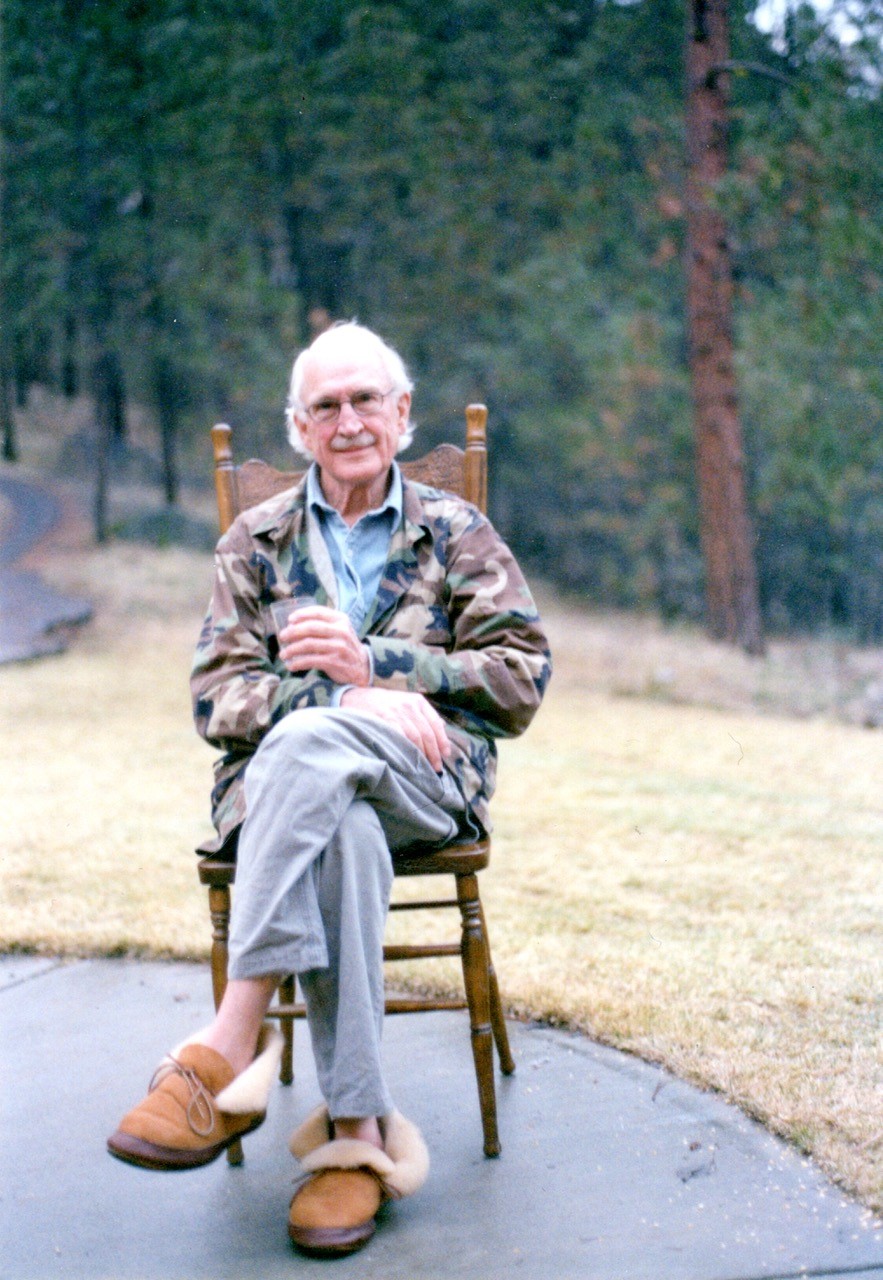
Dr. George Bagby, 1923-2017
Dr. George Bagby was an orthopedic surgeon, inventor and philanthropist who practiced medicine until he was 83 years old. While studying at the Mayo Clinic, he invented the “Bagby Bone Plate,” a self-compressing bone plate which helped facilitate the healing of fractures. He established his private practice in Spokane in 1956. In the 1970s, Bagby developed a relationship with the WSU veterinary program where he helped develop a procedure to fuse vertebrae in horses. The successful surgeries on horses led to the development of the Bagby and Kuslich (BAK) implant, which is now commonly used in human patients. In the horse world, Bagby is known for operating on triple-crown winner, Seattle Slew, in 2000. Bagby also volunteered with Orthopaedics Overseas, which sent him to Bangladesh where he eventually built a hospital. In 1990, he was named Spokane Physician of the year and in 2003 Rotary International awarded Bagby its Humanitarian Service Award. He was well-known at Shriner’s Hospital for Children where he arranged fishing trips for hospitalized children.
Historic Inductees 2018
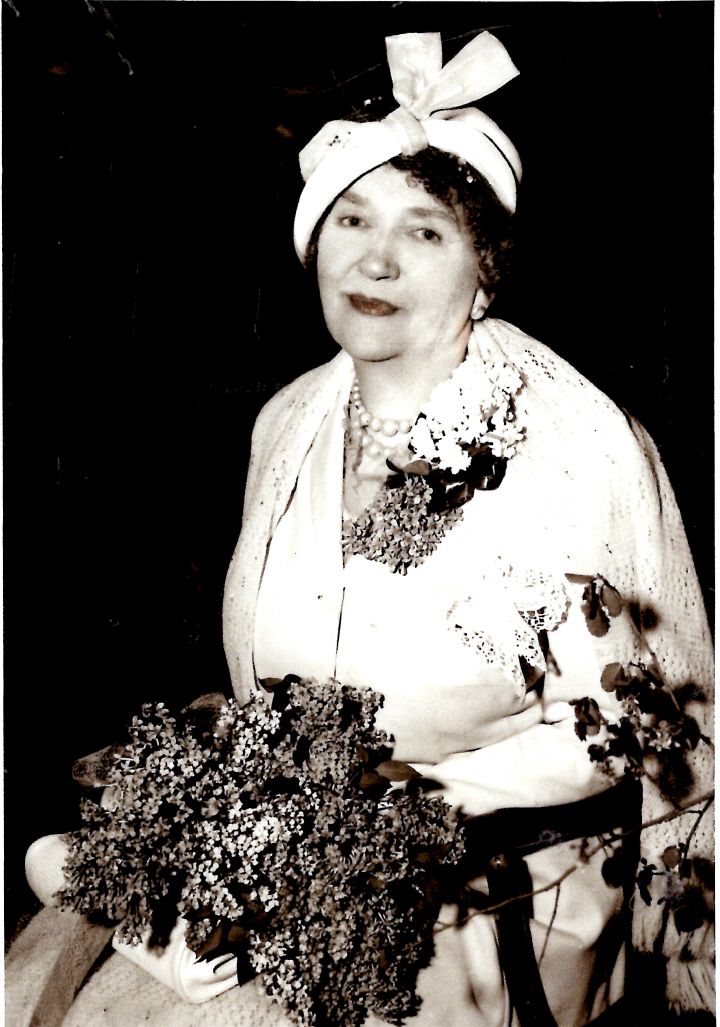
Sonora Louise Smart Dodd, 1882-1978
Sonora Smart Dodd, a Spokane mother, artist, and poet came up with the idea of Father’s Day after listening to a sermon about Mother’s Day and the virtues of motherhood. Sonora was sixteen when her mother died. He father William Jackson Smart dedicated himself to raising Sonora and her five younger brothers. After deciding that a day was needed to honor fathers, Sonora went to the Spokane Ministerial Alliance and the YMCA and they endorsed her proposition, proclaiming June 19, 1910 as the first Father’s Day. Preachers around Spokane delivered Father’s Day sermons and wire service stories picked it up. Other cities quickly began celebrating Father’s Day and by 1925, the entire country was paying tribute to fatherhood. In 1966, President Johnson signed a proclamation declaring the third Sunday in June as Father’s Day and in 1970, the U. S. Congress passed a joint resolution making it a national holiday which was signed by Richard Nixon.
Historic Inductees 2018
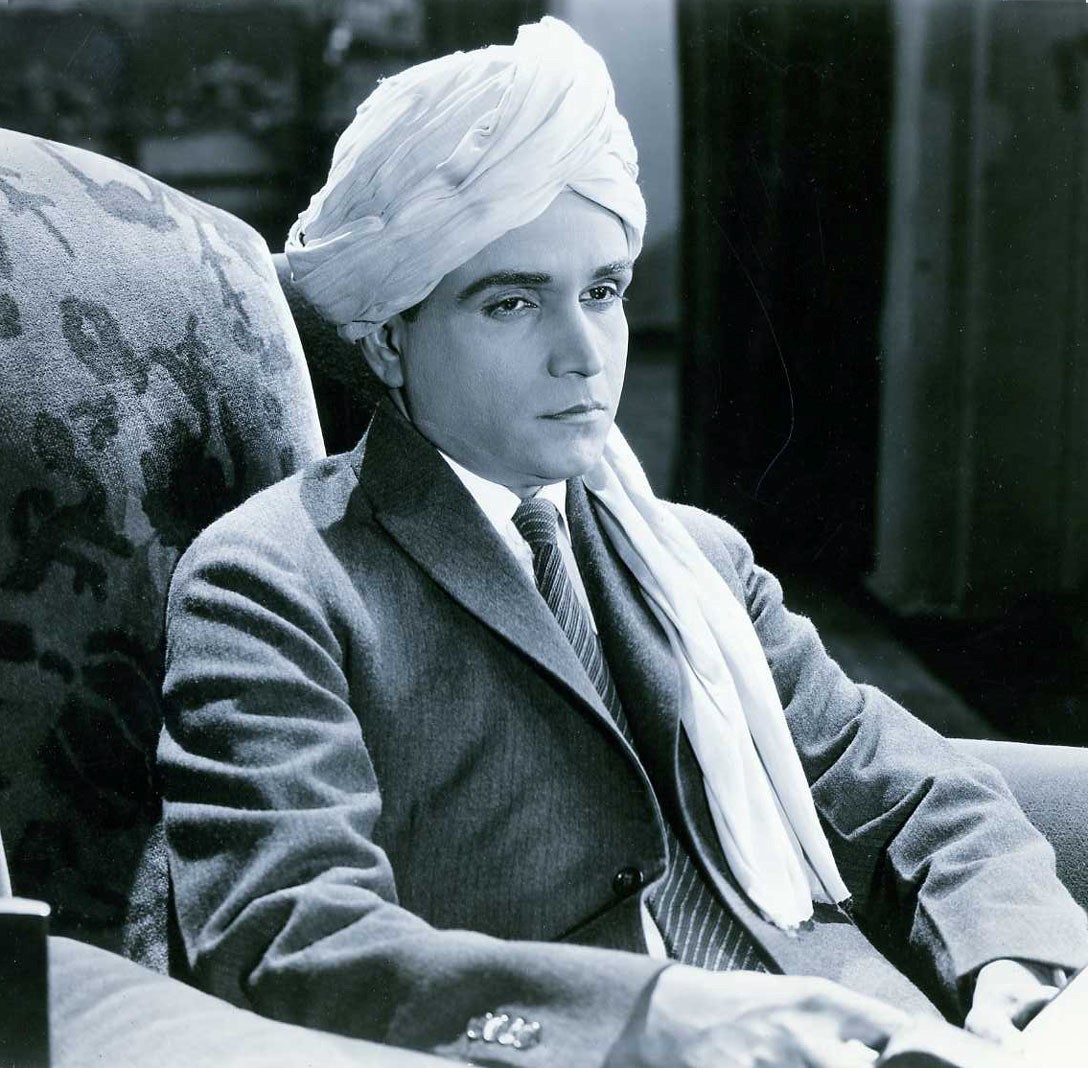
Akhoy Kumar Mozumdar, 1864-1953
Akhoy Kumar (A.K.) Mozumdar, a spiritual leader, was born in a small village about twenty miles north of Calcutta, India. Before coming to the United States, Mozumdar studied throughout India, as well as China and Japan. Mozumdar was a dynamic teacher, lecturer, and writer of the New Thought Movement in the United States. Mozumdar settled in Spokane in 1907. He formed the downtown Christian Yoga Church in Spokane and was the first Hindu to attain U.S. Citizenship. The law at the time offered citizenship only to “free born whites,” though there was no clear legal definition of the term. In 1912, Mozumdar applied for naturalization, ready to challenge the meaning of “whiteness.” He argued before a judge that he should be considered white as a rule caste of India and Spokane judge Frank H. Rudkin ruled for Mozumdar in May of 1913. Mozumdar wrote his most influential book, The Life and the Way in 1911 while living in Spokane.
Historic Inductees 2018
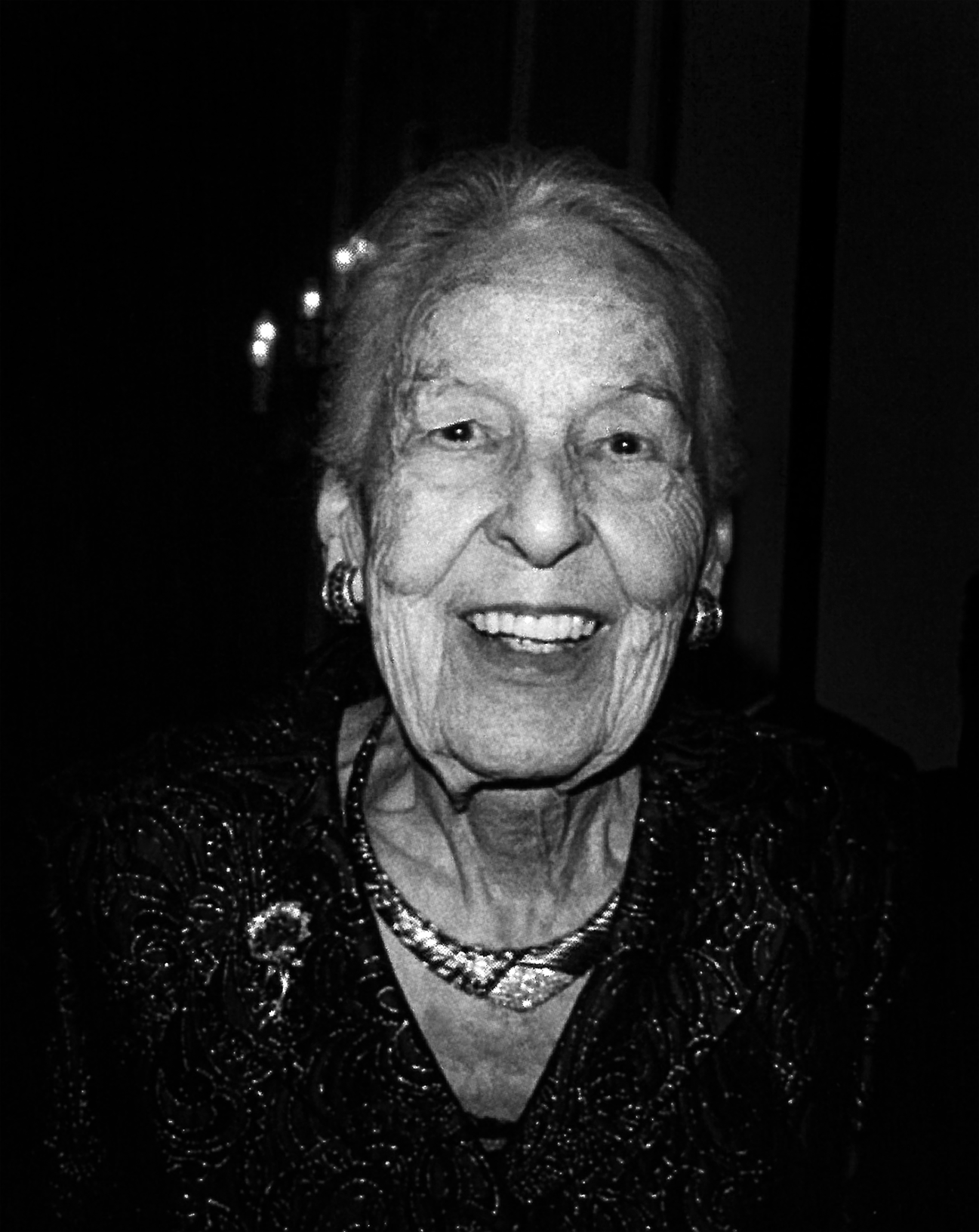
Myrtle Woldson, 1910-2014
Myrtle Woldson, Spokane businesswoman and philanthropist, was born in Spokane to Martin and Edwidge Woldson. Her father made a fortune working for the railroads and investing in mining operations. Before he died in 1958 he taught his daughter about investing which lead her to estate investments in Spokane and Seattle, developing her own fortune. She gave money to the Moore-Turner Garden, and in 2010, the Spokane Park Board voted to rename Pioneer Park after Woldson’s mother in recognition. Additionally, she gave $3 million dollars to the Fox Theater in honor of her father and left money to Catholic Charities to expand care to Spokane’s homeless population. Miss Woldson developed a relationship with Gonzaga and after she died in 2014 at the age of 104, she left $55 million to Gonzaga, to build a performing arts center and to establish an endowment to provide scholarships which opens in 2019. Her gift to Gonzaga was the largest in Gonzaga’s history and the largest private gift in Washington State University.
Arts and Letters 2018
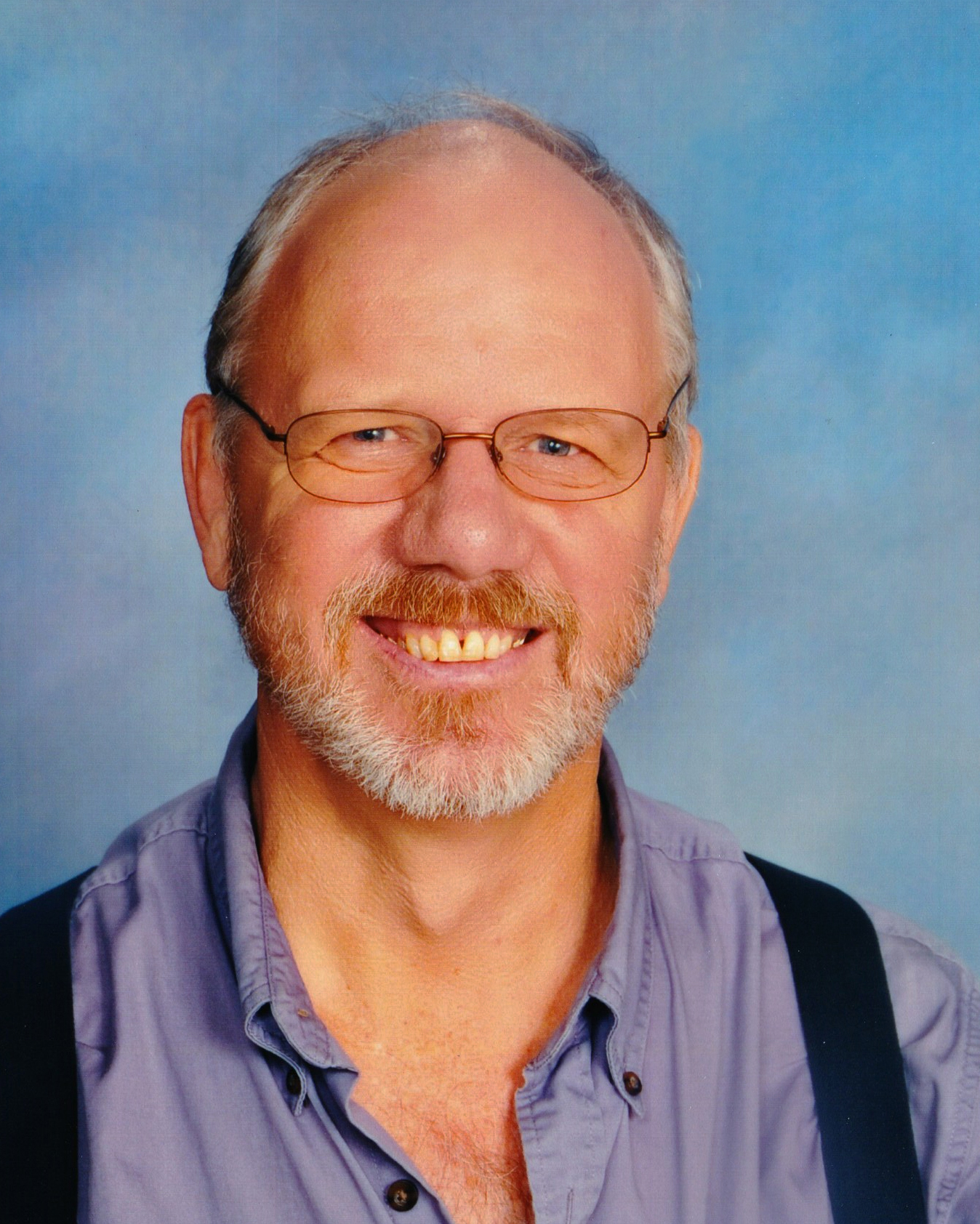
Ken Spiering
Ken Spiering, artist, was born in Wyoming and earned a bachelor’s degree in art from Gonzaga University and a MFA from the University of Idaho. His emphasis has always been to master the design, drawing, and painting of highly credible, yet contemporary images from those richest moments in nature. In fifty years of making art, Spiering has come to specialize in creating artwork for public spaces and private commissions, often in significant scale. His most well-known work in Spokane is Childhood Express, his red wagon at Riverfront Park. He has also taught art at every level in the Spokane region. Spiering has chosen to use his skills to broaden the creative community in Spokane while he has created lasting icons of the Spokane cityscape.
Economic Development and Business 2018
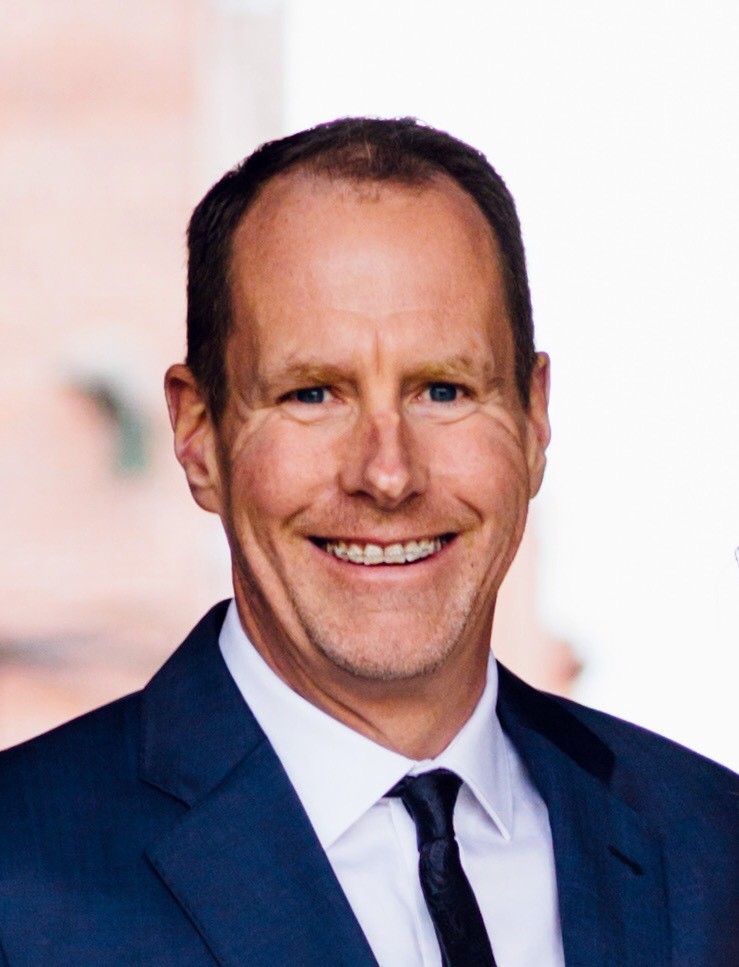
Tom Simpson
Tom Simpson has over 30 years of experience as an investment banker, venture capitalist, angel investor and entrepreneur. Simpson grew up in Spokane and earned a BA from the University of Washington and a Master of Business Administration degree from The Wharton School. He is co-founder and former Chairman of eTailz. He is currently President of the Spokane Angel Alliance and serves on the board of directors for Berg Manufacturing, GenPrime, Safeguard Equipment, Sportscope and Telect. He is co-founder of the Toolbox, an incubator for start-ups focused on developing physical products, co-owner of the Plechner Building which houses Start-Up Spokane, co-creator of the Triangle Venture Expo, an annual showcase of emerging companies in the region, and author of a monthly column in The Inlander focused on economic development and entrepreneurship.
Education 2018
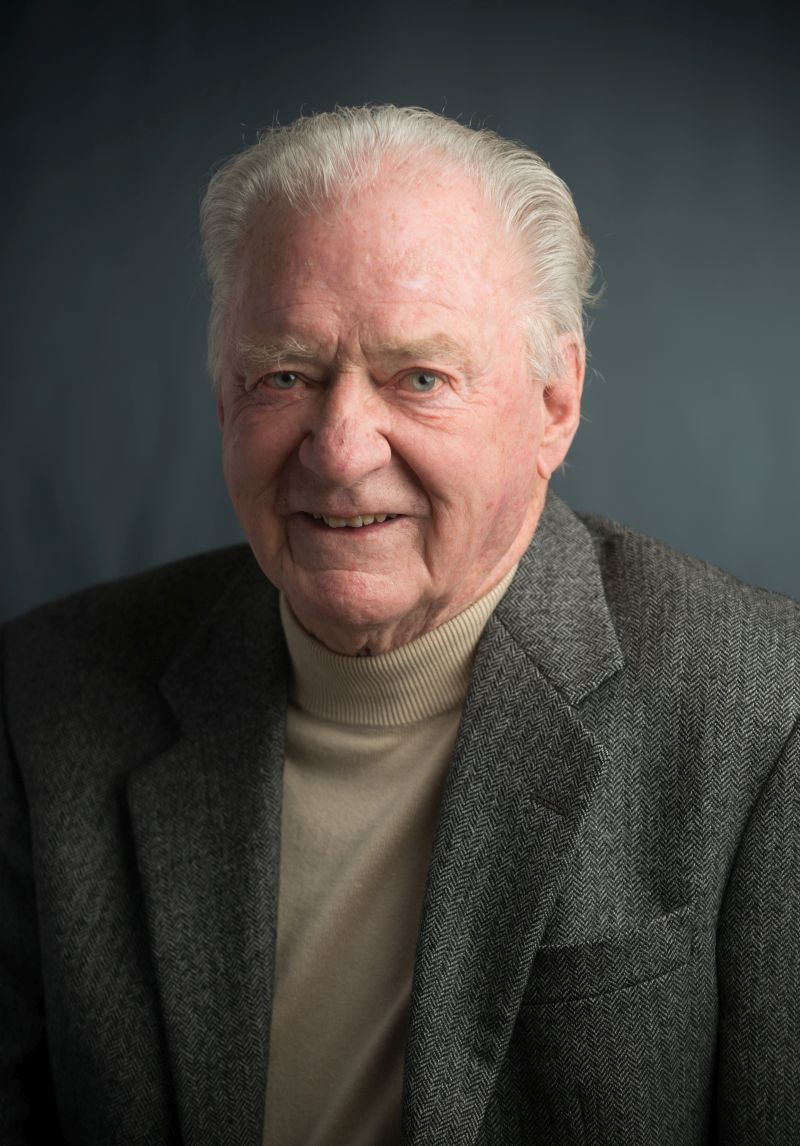
Father Bernard Coughlin, S.J.
Father Bernard J. Coughlin, S.J. arrived in Spokane in 1974 to lead Gonzaga University. Accomplishments in his 22 years as President (and subsequent 18 years as Chancellor) extend far beyond the University as he helped to expand not only Gonzaga’s impact but Spokane’s influence as well. A methodical approach to sound business management and a relentless commitment to educational excellence not only resolved the University’s fiscal challenges, but it put Gonzaga on a path of academic excellence and enrollment growth. Father Coughlin’s leadership has benefited the entire community in many ways. In 1988, Father Coughlin became the first Jesuit priest to serve as chair of a regional Chamber of Commerce. His reach extends today beyond the university to the betterment of Spokane as a whole.
Innovation and Leadership 2018

Ted S. McGregor, Jr.
Ted S. McGregor, Jr. publisher of the Pacific Northwest Inlander, grew up in Spokane and graduated from Gonzaga Prep in 1983 and the University of Washington in 1987. While earning his Master’s in Journalism from the University of Missouri-Columbia, his final professional project was a business plan to start a weekly paper in his hometown. Since its founding in 1993, The Inlander has become the best-read weekly in America, according to independent research, and earns multiple journalism awards every year. Additionally, McGregor and the Inlander have identified cultural gaps and created essential community events to fill them, launching Spokane’s only multi-venue music festival (Volume) and the region’s annual restaurant week. In recent years, McGregor has served as chairman of the Riverfront Park Master Plan Advisory Committee. More recently, as the Riverfront Park Committee chairman on the Spokane Park Board, he’s been part of the team that is directing the $70-plus million public investment into Riverfront Park.
Public Service and Philanthropy 2018
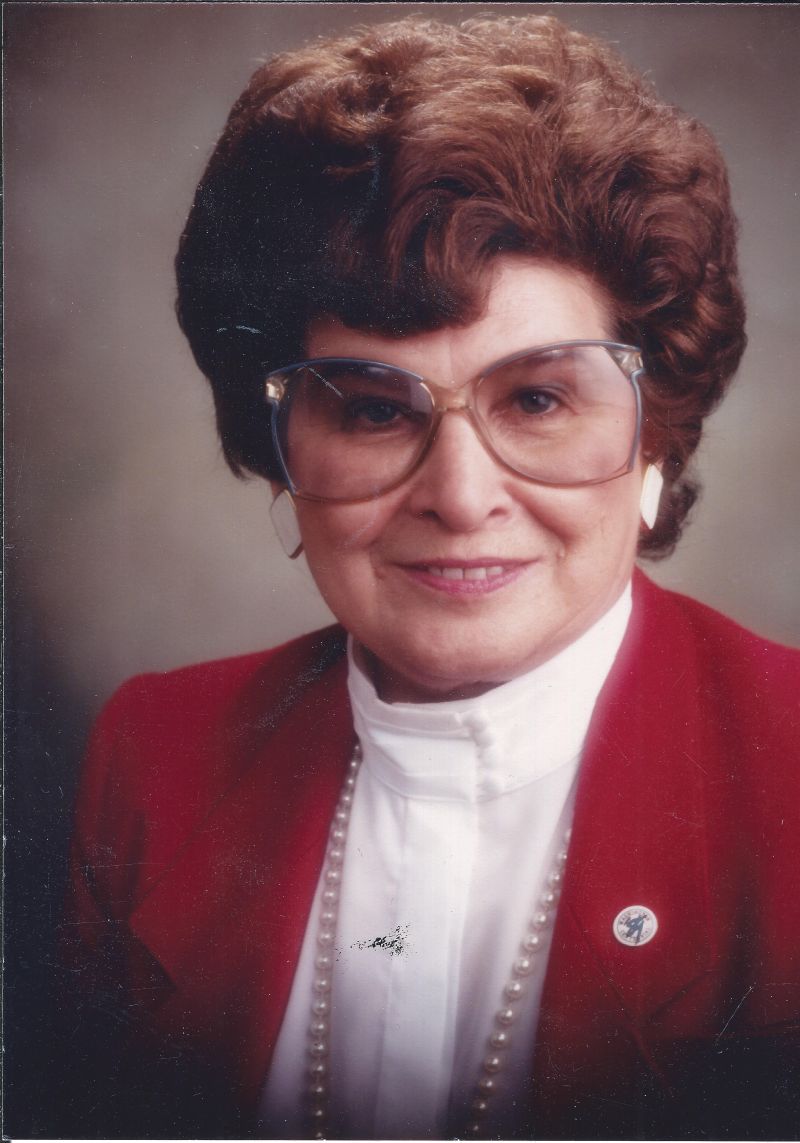
Lois J. Stratton
Lois Stratton, former Washington State Representative and Senator, was born on the Spokane Indian Reservation. After graduating from high school and then the Kinman Business University, Lois worked full-time at Kaiser Aluminum while raising five children with her husband Allen. In 1979, Lois was appointed to the Washington State House of Representatives and after three successful campaigns to keep her House seat, she was elected to State Senate in 1985, serving until her retirement in 1993. She supported programs that empowered women, children and families, serving on the Governor’s Commission on Children and many other boards and commissions. Stratton worked with the Department of Social and Health Services to tackle drug and alcohol issues in the community. She was well known for her willingness to cross party lines to vote for issues important to Eastern Washington.
Science, Health, and Medicine 2018
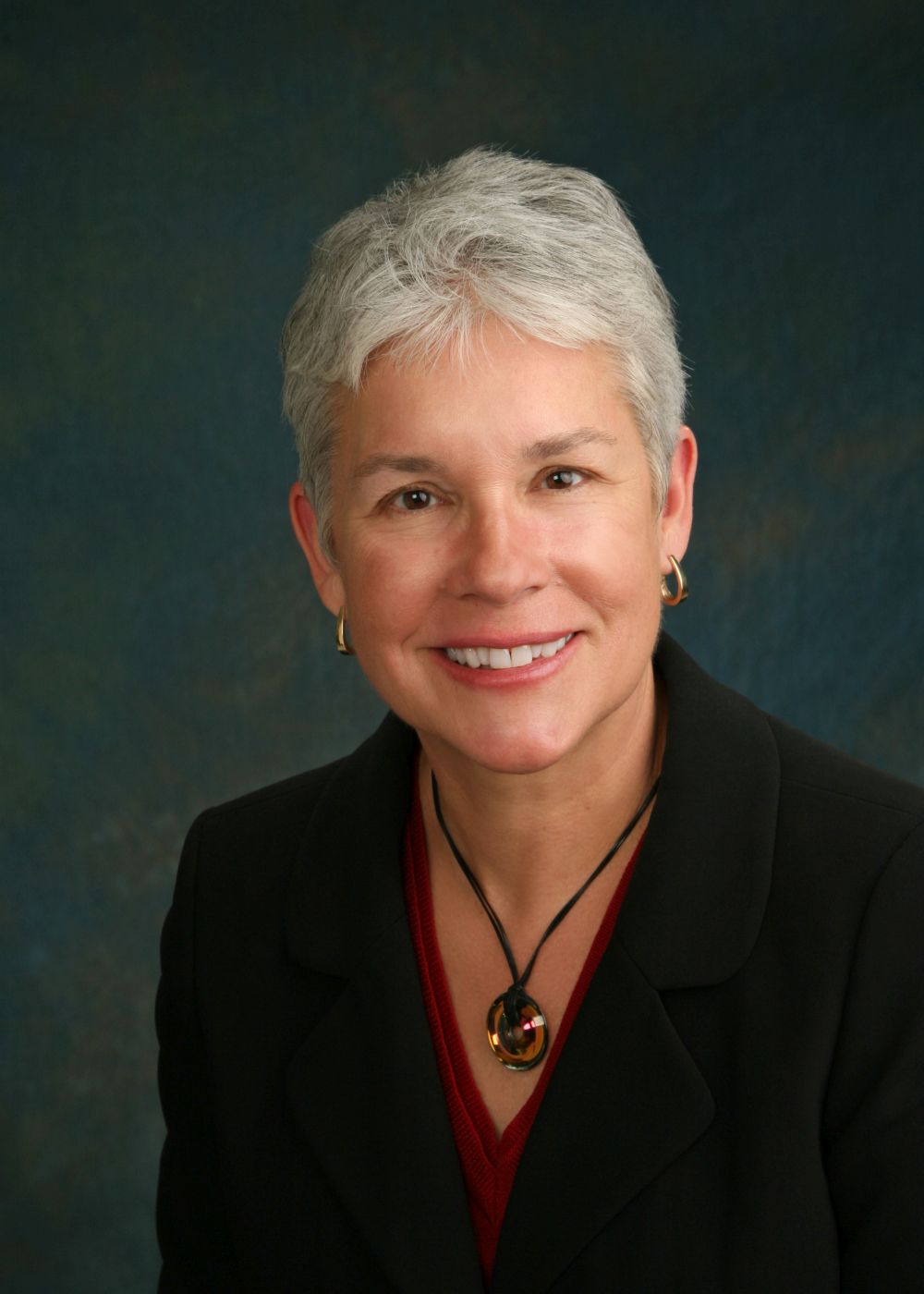
Deb Harper
Deb Harper, pediatrician, lived all over the west as a child. After moving to Chicago, she attended the University of Illinois in Champaign-Urbana for college and the University of Illinois in Chicago for medical school. She did a pediatric residency at Cook County Hospital in Chicago. She chose pediatrics because she wanted to help prevent lifestyle diseases and also help families nurture their children. She has done some international work, both for education and also some medical missions. She moved to Spokane in the spring of 1985. Harper practiced pediatrics at Group Health in Spokane until her retirement in April, 2018, and has been a consultant physician on child neglect and abuse prevention programs. She has been president of the Spokane County Medical Society, and is a member of the Executive Committee of the Washington State Medical Association. Harper has taught medical students in Spokane since 1985, and has directed the pediatrics clerkship for third-year UW medical students in Spokane.
Science, Health, and Medicine 2018
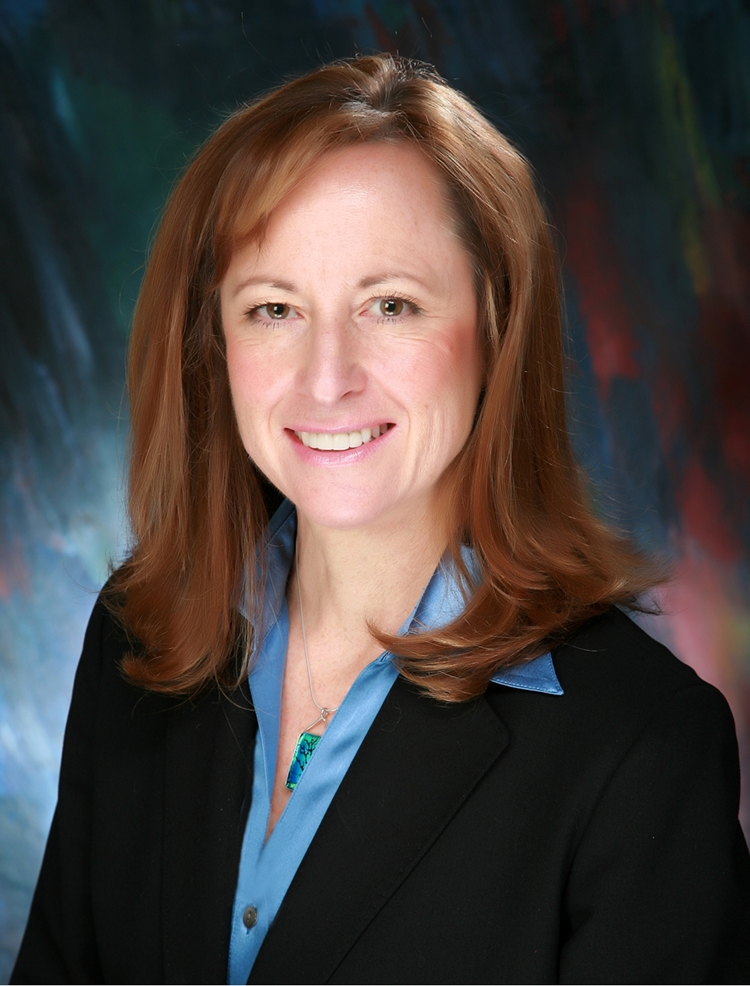
Katherine Tuttle
Katherine R. Tuttle, MD, FASN, FACP, FNKF, is the Executive Director for Research at Providence Health Care and the regional Principal Investigator for the Institute of Translational Health Sciences, established Investigator at the Kidney Research Institute, and clinical Professor of Medicine in the Nephrology Division at the University of Washington. Dr. Tuttle has been a Chair for numerous major initiatives and program. She has received numerous honors and awards such as the Garabed Eknoyan Award from the National Kidney Foundation (2017), the YWCA Woman of Achievement Award in Science (2009), and two Outstanding Clinical Faculty Awards at the University of Washington (1992, 2012). Dr. Tuttle serves on the Board of Directors for the Kidney Health Initiative and was Associate Editor for the Clinical Journal of the American Society of Nephrology from 2011-2016. Her major research interests are in clinical and translational science, diabetic kidney disease, hypertension, chronic kidney disease, and community engagement.
Spokane Community Impact Award 2018
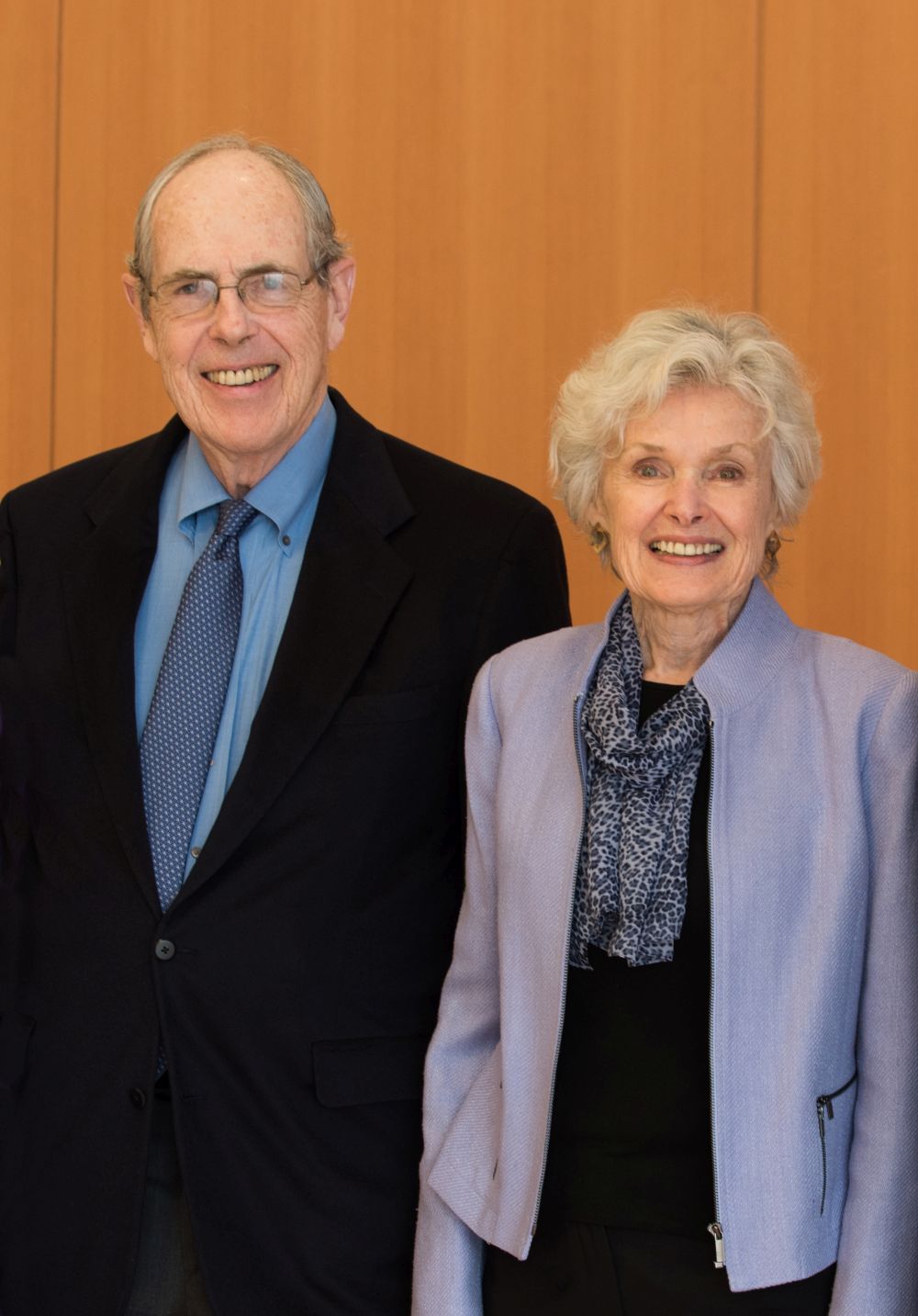
Dave and Mari Clack
Dave and Mari Clack understand and exemplify the value of people working together. As co-leaders and co-founders, they are quick to acknowledge, praise, and express gratitude for the efforts of others.
The Clacks share an unwavering dedication to higher education and the significant benefits generated by growing a talented workforce through their commitment to University of Washington, particularly the School of Medicine and its Eastern Washington programs, but also to every higher education institution in the region.
They have spearheaded profound and positive substantive change. Dave has been a co-leader with Momentum ‘87, an economic development initiative that launched the strongest regional growth since Spokane’s 1974 World’s Fair as well as a visionary of the University District.
Mari is the co-founder of the Women Helping Women Fund, a trailblazing philanthropic organization to empower women while supporting women and children in need in our community. She has also brought strength and direction for Spokane Parks & Recreation, Spokane Public Radio, and dozens of other organizations and causes.
Together, the Clacks have made Spokane and the Inland Northwest a better place to live for everyone. Whether working quietly behind the scenes or boldly out front, they have demonstrated the impact of leadership and dedication, and the power to change our understanding of our community and our vision for the future.
Elson S. Floyd Community Impact Award Recipient 2017
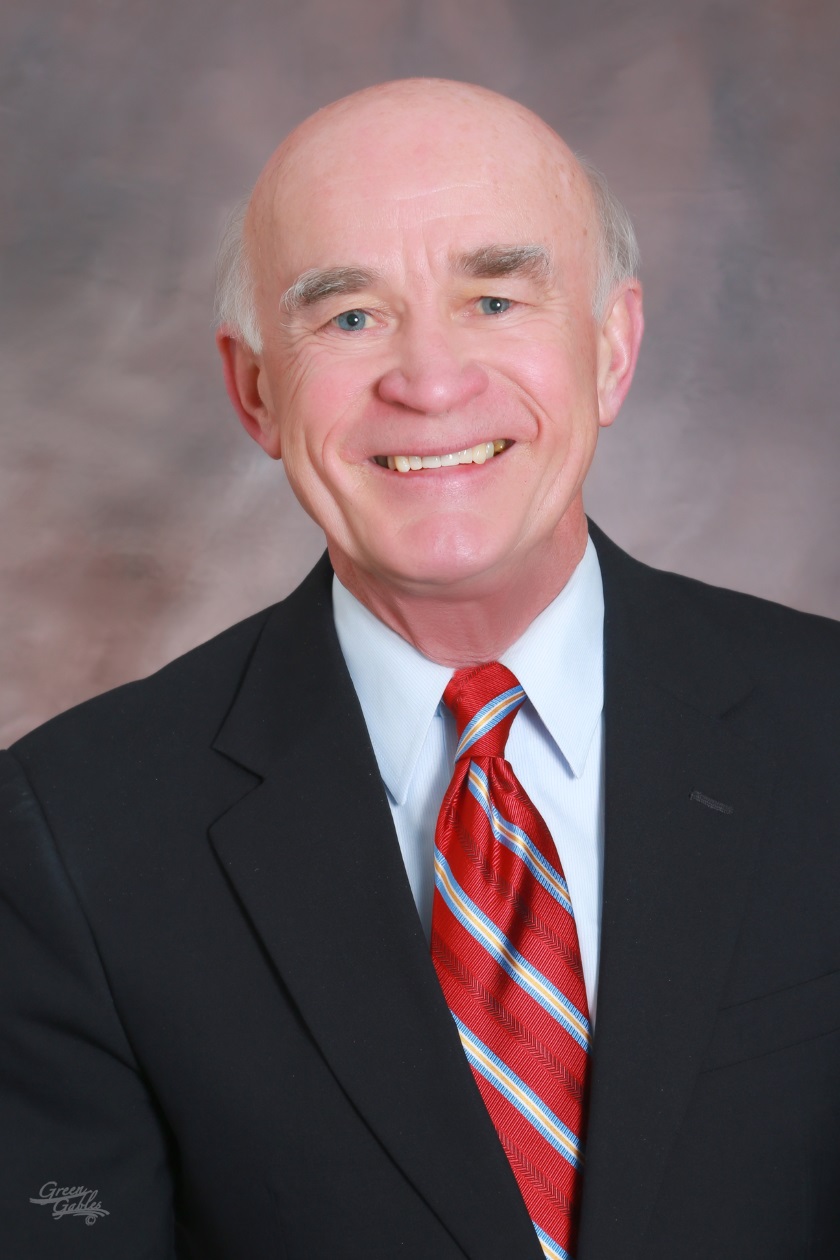
Rich Hadley
“Over his twenty-year tenure with the Chamber of Commerce and Greater Spokane Incorporated, Rich Hadley has been an incredible change agent for this community. His vision, leadership, collaboration and ability to create consensus have brought significant economic growth and quality of life improvements to Spokane and the region.”—Jeff Philipps, President, CEO of Rosauers
Rich Hadley is President Emeritus of Greater Spokane Incorporated (GSI), Spokane's chamber of commerce and economic development council. Hadley took the position in 1993 and served as president for 21 years before retiring in 2014. Some of his major roles include working on behalf of Spokane to improve the economic progress of our community and establish relationships with leading businessmen and federal and state lobbyists.
Hadley held chairman positions for the Chamber Executive Associations in Montana, Colorado, Minnesota, and Washington, the Institute of Organizational Management, the American Chamber of Commerce Executives and co-chair of Washington Military Alliance.
One of Hadley’s many accomplishments was taking a leadership position in the creation of the WSU Spokane medical campus. His group convinced Washington state legislators to approve a $35 million budget to start the construction of the medical building on campus.
Another notable initiative was Hadley’s idea to have trips to Washington D.C. for local business people, educators and other outstanding community members to represent the Northwest on various subjects.
Being a Naval air intelligence officer in the Vietnam War, Hadley was also a major advocate for Fairchild Air Force Base in solidifying its future in Spokane.
Hadley graduated from Iowa State University with Bachelor of Science degrees in Public Administration and International Affairs. He and Rita, his wife of 46 years, have two children and continue to be involved in the Spokane community today. His accomplishments in the development of the Spokane region show his devotion to our area and he will act as a model for future business leaders throughout the years to come.
Education 2017
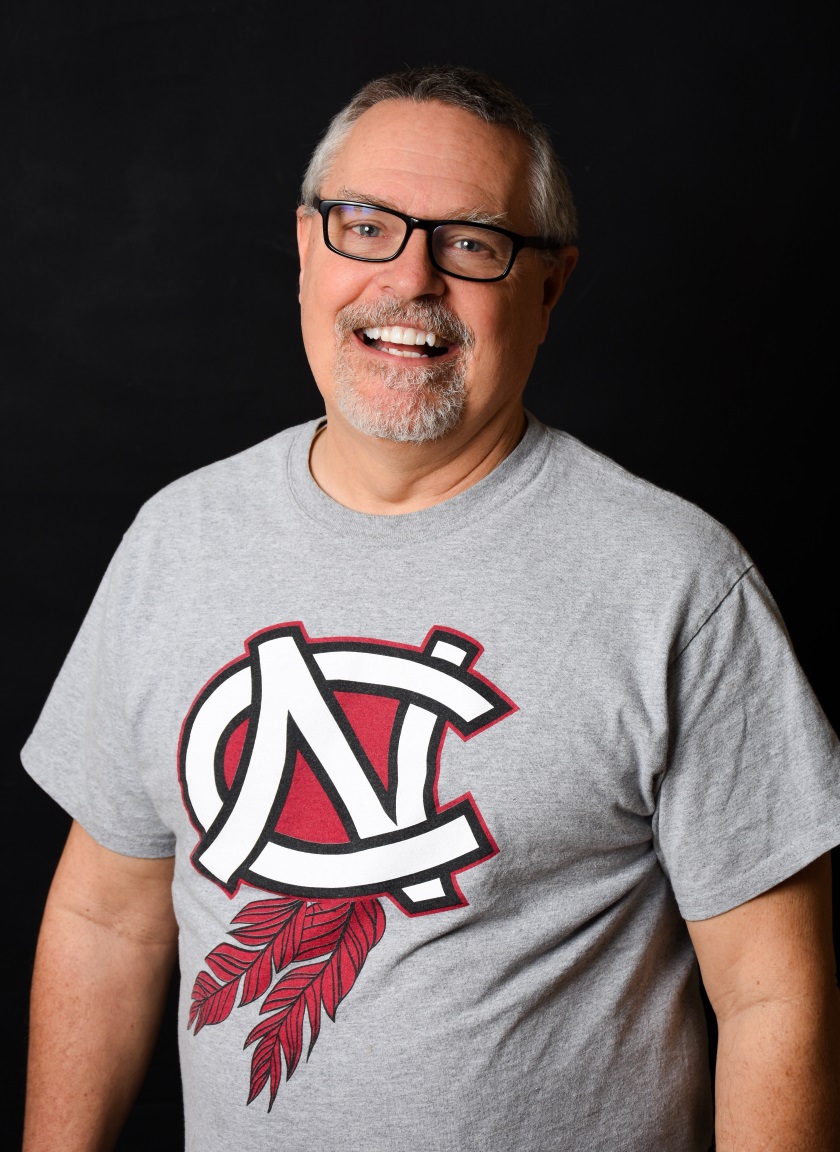
Tom Armitage
“The arts are an essential element of every community. In the west the arts don’t get the support they need. I feel very deeply that the arts need to be supported and that they must flourish if we are to endure as a successful community. Some people don’t get that. We need the arts for a lot of reasons, but most desperately we need them so that we can see, think about, and understand ourselves.”
Tom Armitage has been a respected educator at North Central High School since 1979. Over the course of his time at North Central, Armitage directed 70 plays in the theater department. Some of his biggest accomplishments include the revival of North Central’s The Doll Shop, a musical in which every student who tries out gets cast, and The True Colors Project, where students write personal essays and the cast turns those essays into a major production about the lives of the North Central students. He also does an “etiquette con” each year to teach teenagers appropriate behavior at events. He is a community builder who has impacted thousands of Spokane teens.
Armitage received his Bachelor of Arts degree in Radio/Television News from Eastern Washington University in 1977 and soon after went back to school to receive his degree in Education in 1979. He then earned his Master of Fine Arts Degree at the University of Idaho. Another one of Armitage’s accomplishments includes the founding of the Inland Northwest Theatre Arts Festival, a festival designed for drama students in the Spokane area that allows them to attend various workshops, performances and theatre activities with other drama students from about 20 schools.
Born in Spokane in 1954, the Armitage family was one of the first neighbors in the Indian Trail neighborhood. Tom Armitage attended Salk Junior High School and graduated from Shadle Park High School in 1973.
Economic Development and Business 2017
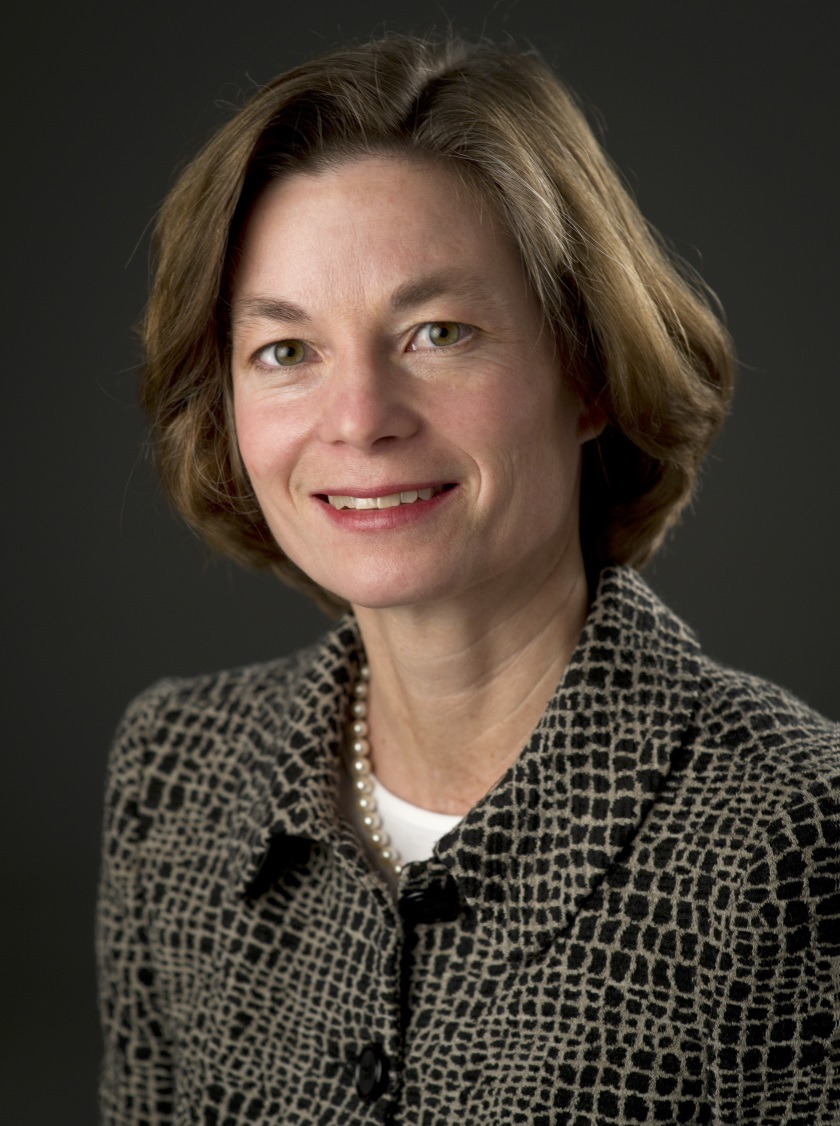
Betsy Cowles
“Each of us has the capacity and responsibility to make a difference. Even the smallest act can inspire and set in motion greater efforts that change the community for the better.”
Betsy Cowles acts as Chairman of the Cowles Company and directs the broadcasting, insurance and real estate divisions. Cowles Company is a fourth generation family-owned media, forest products, real-estate, and insurance company based in Spokane. Many of the network news stations the Cowles Company owns are located in Washington, Idaho and Montana. Betsy is one of the leaders who initiated a redevelopment of River Park Square and recently became involved in the renovation of “The M”, which used to be the old Macy’s building downtown.
A prominent member of the Spokane community, Cowles has held leadership positions and has been on the boards of several Spokane organizations such as Greater Spokane Incorporated, the Fox Theater, Regents for Washington State University, Independent Colleges of Washington, Spokane Legal Services, WSU Research Foundation, the Laird Norton Company, Spokane Symphony and Planned Parenthood of the Inland Northwest. She has been an active leader with her projects that work to modernize downtown Spokane to enhance and propel Spokane into the future. Cowles was the recipient of the DSP Legacy Award in 2016.
Cowles has her Bachelor of Arts degree from Dartmouth College and JD from George Washington University. She is married and has two adult children.
Arts and Letters 2017

David Dutton
“A responsible citizen must do as I was taught growing up — to leave the planet a better place than one has found it. We hope that our efforts to bring together Spokane’s citizens, whether old or young, prosperous or homeless, have enriched all their lives in a meaningful way.”
David Dutton, beloved oboe instructor, has actively changed Spokane’s music scene over the years. He is the founder of various musical organizations in Spokane such as Connoisseur Concerts, Allegro Baroque and Beyond, and Spokane Historic Concerts Association. Dutton currently serves as Adjunct Professor of Oboe at Whitworth University and has his own studio for teaching.
Dutton received his Bachelor of Music in Performance at Oberlin Conservatory of Music and his Performance Certificate from Stiftung Mozarteum in Salzburg, Austria. He participated in several symphonies such as the St. Louis Symphony, the Norfolk Symphony, the Dallas Symphony, and the Spokane Symphony.
Some of Dutton’s other accomplishments include publishing 16 editions of music for double reed instruments under the B&D Publication label, producing six solo CD recordings, and founding Royal Fireworks Concert™ & Festival and Music in Historic Homes™.
Teaching is a passion of Dutton’s and many of his students have pursued professional music careers as members of the New York Philharmonic, Sarasota Opera and Southwest Florida Symphony, Veracruz Philharmonic, and Spokane Symphony among others.
Arts and Letter 2017
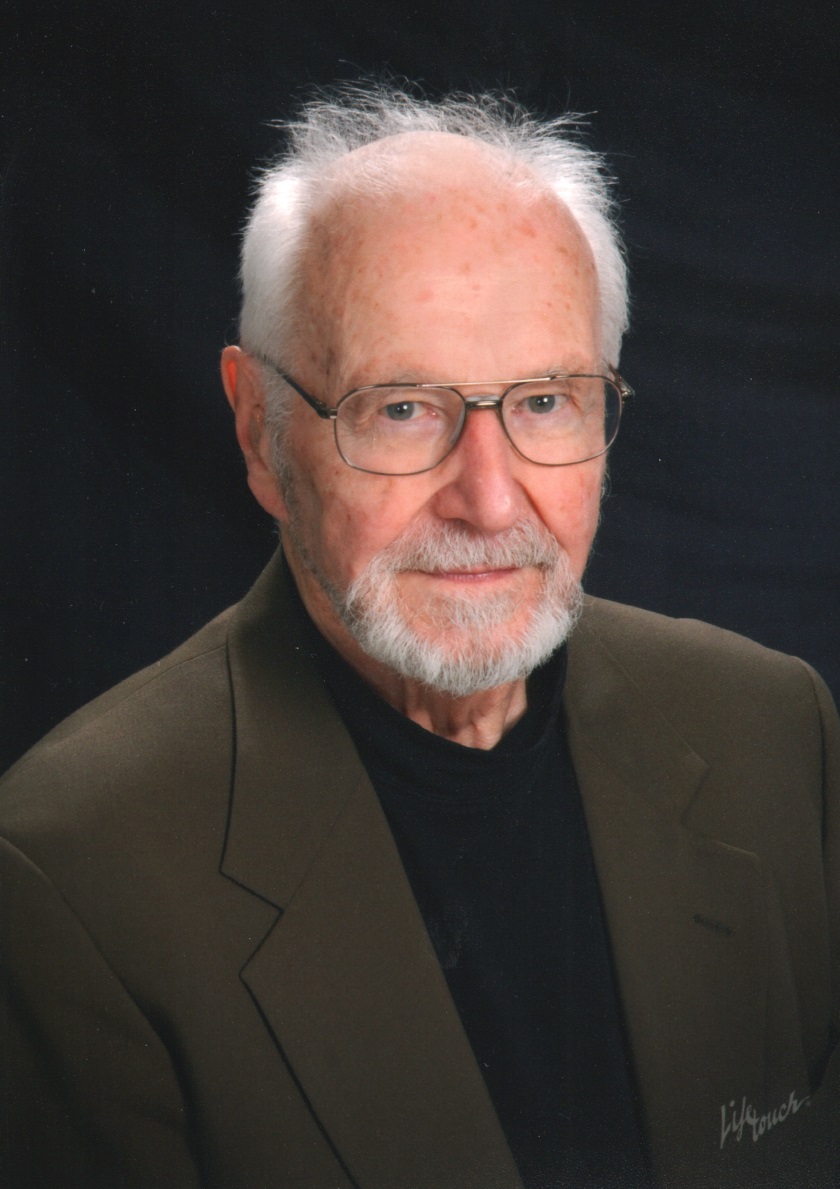
Moritz Kundig
“I like the environment here, the hills, the forests, the rivers, the lakes, in contrast with the Columbia Basin and the Palouse, as well as the climate with the distinct seasons. And the friendly people of Spokane welcomed me and my family. We felt comfortable here and made this place our home. And I felt good about working with my clients, who gave me the freedom to express my vision, to make my contributions as best I could. It feels good to have placed some significant stones in the mosaic of the city.”
Moritz Kundig is a Spokane architect who designed many buildings that are iconic to the Spokane skyline. He is known for bringing a modernist style to our area with developments such as the Spokane Civic Theatre, Rockwood Clinic, the City Hall renovation, and various developments to local high schools.
Kundig came from Switzerland and attended the Swiss Federal Institute of Technology Zurich, the same school that 21 Nobel Prize winners came from, including Albert Einstein. After his move to Spokane, Kundig sought to preserve the history of Spokane and worked to create architecture that synthesized well with the natural environment. He has three children, all of whom are successful in their fields, including Tom, who is an architect in Seattle with a national reputation.
Inductee, Innovation and Leadership 2017
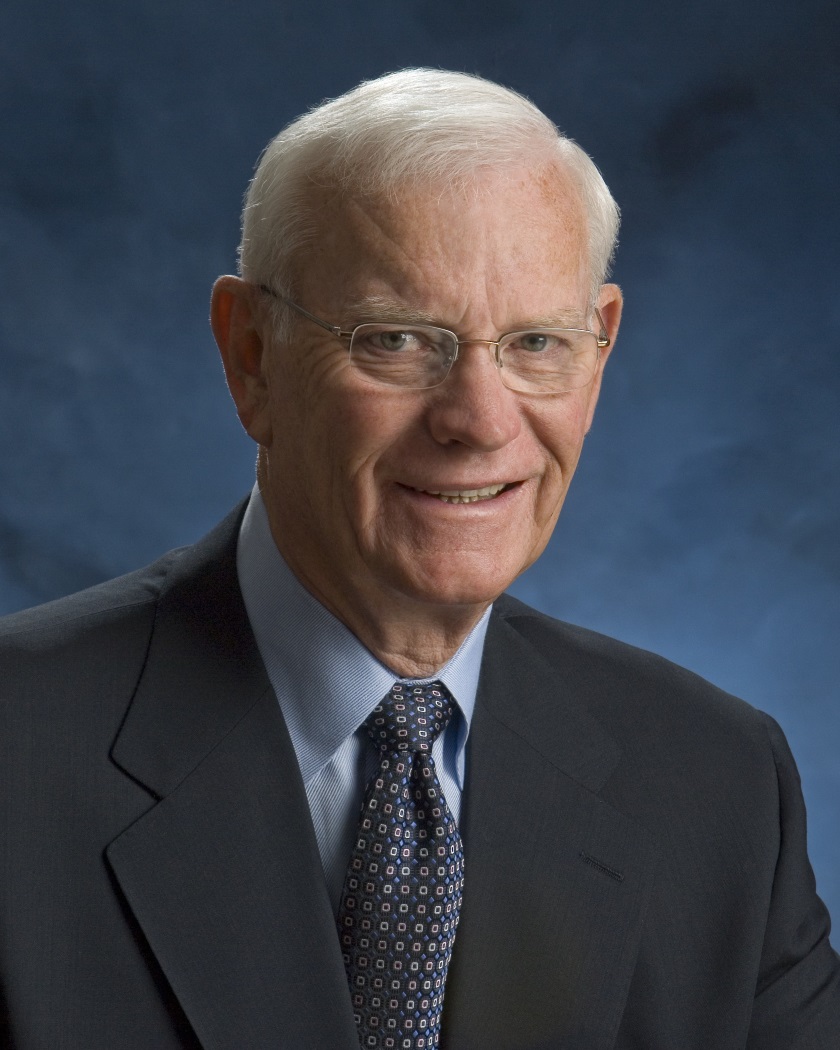
Paul Redmond
“We all know that Spokane is a great place to live, work and raise a family. However, we would not be able to say that were it not for the dedication and involvement of our citizens volunteering their time and expertise. If we are to benefit from a vibrant Spokane, we must be prepared to ‘give back.’ And, the good news is that volunteerism is alive and well in Spokane.”
Paul Redmond began his career at Washington Water Power Co., now Avista, after graduating from Gonzaga University with Bachelor Degrees in Biology and Electrical Engineering. Starting as an Assistant Electrical Engineer, Paul advanced through executive positions to eventually become the President, Chairman and CEO. He held that position for 13 years until his retirement in 1998.
Redmond became an active member of the Spokane community serving in leadership positions and chairmanships at corporations such as Itron, Inc. and Pentzer Corporation, and organizations such as Washington State Economic Development Committee, National Electric Power Association, Pacific Coast Gas Association, Spokane Lilac Festival, Greater Spokane Chamber of Commerce, Spokane United Way Campaign, United Way, Momentum, and Sacred Heart Children’s Hospital and Women’s Health Center Campaign as a co-chairman with his wife, Barbara. He also served as a committee member for Spokane Catholic Charities and a board member for Providence Health and Services.
In addition to serving 21 years in the Washington Air National Guard with a rank of lieutenant/colonel, Redmond became a Commander of a radar control squadron recognized twice as being the most outstanding control squadron in the Air Force.
Paul and Barbara have been married for 58 years and have three children and five grandchildren.
Science, Health and Medicine 2017
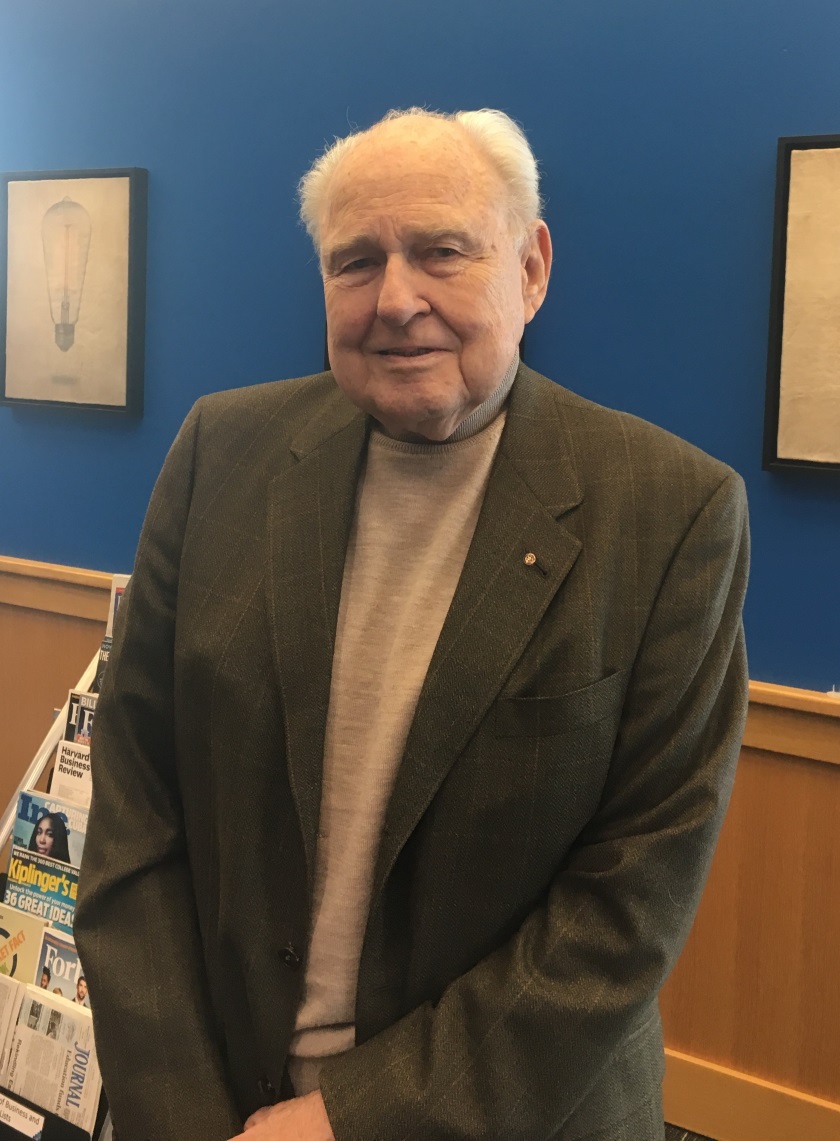
Dr. George Schneider
“Libraries are a critical part of a community. They are not only a resources of information but here people meet and exchange ideas and have a spot, like a nerve center, they are a critical part of our educational program and activities that occur within the community. I can’t think of a community of any stature that doesn’t have a good library or libraries. My whole life has been spent in education. Without that resource we’d be in trouble.”
Dr. George Schneider is an outstanding member of Spokane’s medical community. He currently acts as a member of the Washington Health Services Commission, where he had the responsibility of overseeing the implementation of the Washington Health Services Act of 1993, and was a founder of Pathology Associates, now Incyte Diagnostics, in Spokane.
Dr. Schneider was a staff pathologist for Holy Family Hospital, acquiring the position of president of medical staff in 1973 and 1974, Kootenai memorial Hospital and Valley Hospital & Medical Center before retiring from active practice in 1993. He also was an instructor of Pathology at University of Oregon Medical School, assistant professor of pathology at Women’s Medical College of Pennsylvania, Clinical Instructor of Pathology at Washington State University, and was a part of the Department of Pathology at the University of Washington.
In addition to his various medical and instructional positions, Dr. Schneider was a member of numerous societies. Some of these memberships include: College of American Pathologists, American Association of Blood Banks, American Society of Clinical Pathologists, American Medical Association, president of Pacific Northwest Society of Pathologists in 1973, president of Spokane County Medical Society in 1982, Washington State Medical Association president in 1988, Washington State Society of Pathology, Pacific Northwest Society of Blood Banks, acting as CEO and medical director of Inland Northwest Blood Center before his retirement and many more.
Some of his contributions to the general Spokane community include memberships in the P.T.A, Central Valley School District, Future Farmers of America, Spokane Health, along with countless other community engagements.
Dr. Schneider was married to his beloved wife, Shirley, for 67 years. He has five children and remains active in the Spokane community.
Public Service and Philanthropy 2017
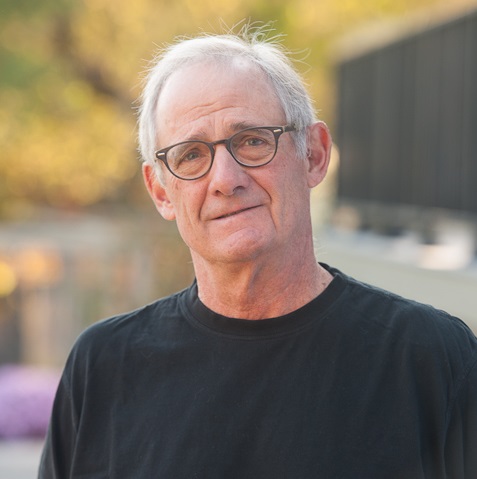
Jim Sheehan
“Spokane is home. It’s where my roots are. It’s where I feel complete, where my family is, and where I feel community and connection.”
Jim Sheehan is an active member in the Spokane community as a philanthropist who is well-known for changing the face of Main’s east end with the founding of his nonprofit law firm, the Center for Justice, as well as the development of the Community Building, Main Market Co-op, and the Saranac Commons. His firm works to protect human rights, relieve poverty, preserve the Earth, and make sure the government upholds the principles of democracy. Sheehan’s investments in the community came after he received a windfall inheritance and consciously decided to put his money to work for the greater good of Spokane. He went to Gonzaga Law School and worked as a public defender for more than twenty years. Jim feels most lucky to have a beautiful family, including Katy, Jule, Soren and Reed; Joe, Jane and Luisa; and his partner Mary.
Historic Inductee 2017
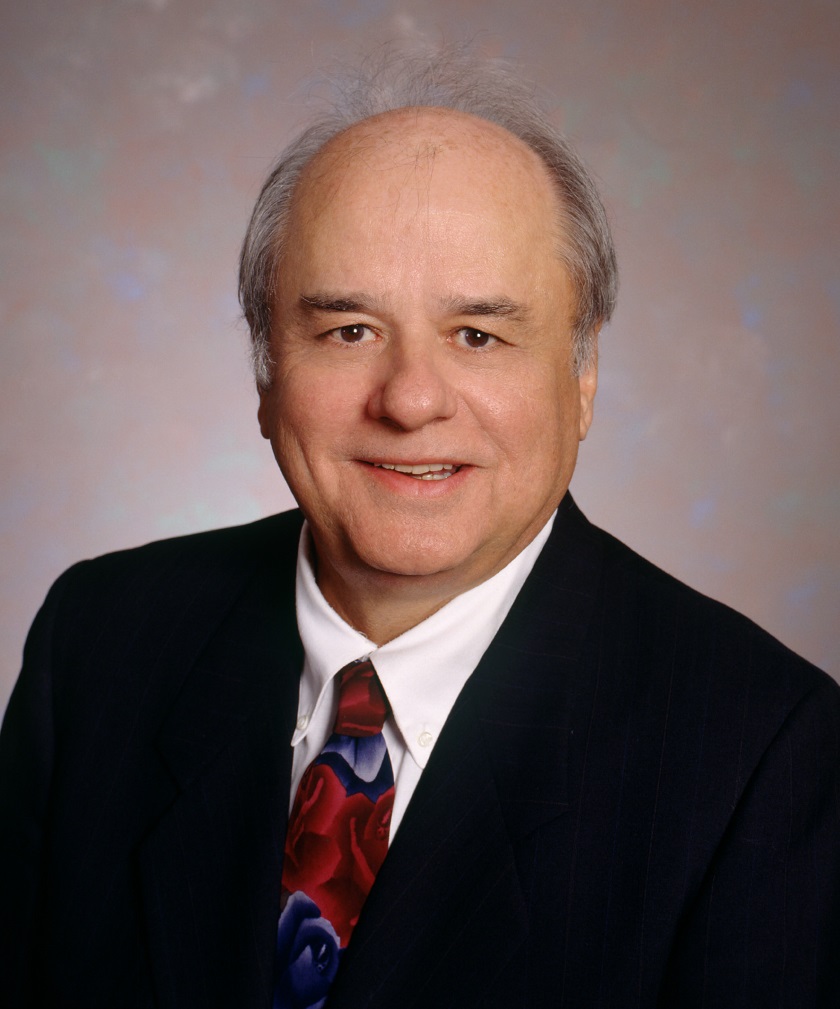
Ned M. Barnes, 1936-2011
To Ned, libraries were “an absolutely important feature” of a community.
Ned M. Barnes, attorney, was an avid civic leader. Ned was born and raised in Spokane where he attended Lewis and Clark High School. He attended the University of Minnesota and then the University of Washington Law School. After serving in the U. S. Air Force, Ned returned to Spokane in 1965, where he accepted a position with the law firm of Witherspoon, Kelley, Davenport & Toole. He practiced law until his death in 2011. He believed all members of the Spokane County Bar Association owe a duty to give back to the Spokane community, and he demonstrated that commitment by always being a leader in civic affairs. He served on the Board of Directors of Spokane Mental Health Association for over forty years. He was the longest-serving board member Spokane Public Library has ever had and was truly dedicated to the health and vitality of the library. In 2010 the Washington Library Friends, Foundation & Trustees Association honored Ned with its prestigious Distinguished Service Award for Trustees.
Historic Inductee 2017
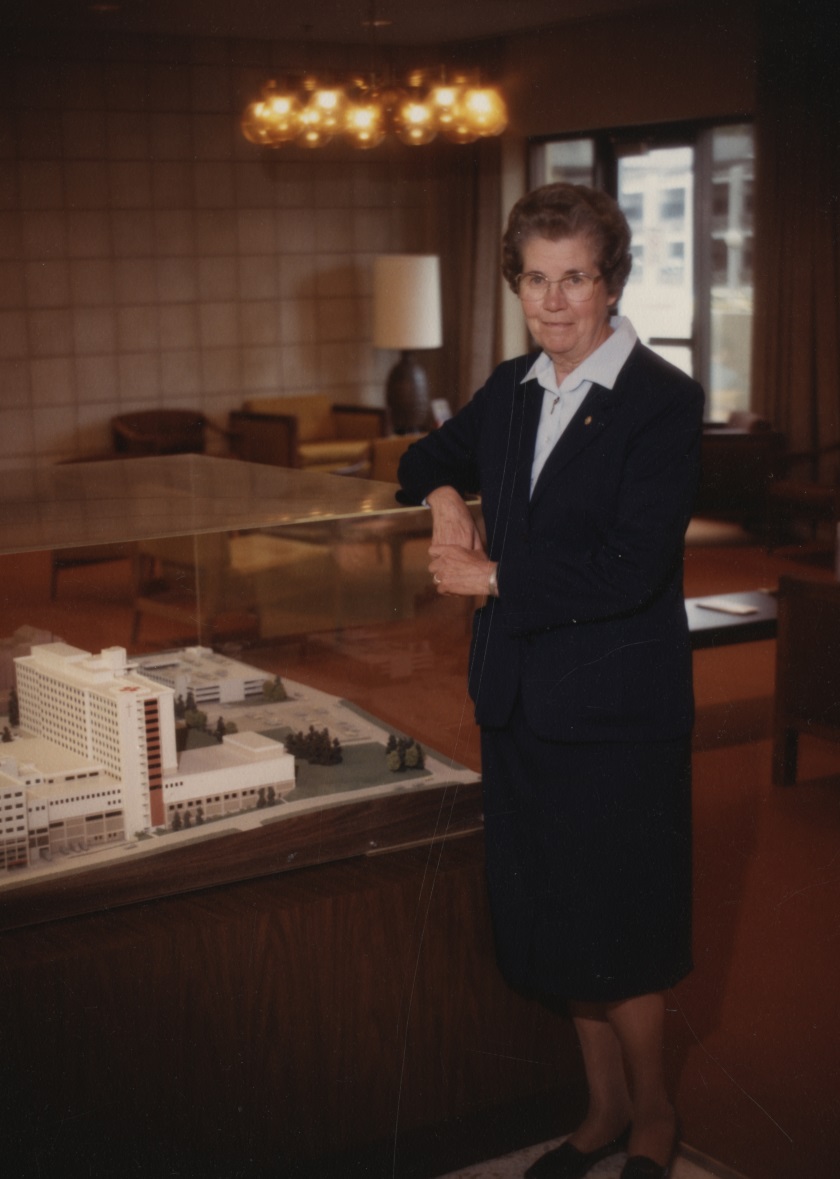
Sister Peter Claver, 1916-1991
“I like to be involved in community activities, and I think everyone should be.”
Sister Peter Claver, president and chief executive officer of Sacred Heart Hospital, was born in Terry, Montana as Lucille Thomas. She began her career as a registered nurse in Great Falls, Montana in 1938. She joined the Sisters of Providence in Seattle in 1939, choosing the name Peter Claver because she felt it signified strength. After completing her studies at the novitiate, Claver went back to school and work. She worked as a nurse in a number of locations and later completed a BS degree in nursing education from Gonzaga and a Masters in Hospital Administration from St. Louis University. Sacred Heart Hospital appointed her as Administrator in 1964. Under her direction, Sacred Heart expanded its budget from $7.4 million to $148 million, undertook three major building projects and increased the number of employees from 900 to 3,000. She served as president of the Washington State Hospital Association and the Northeastern Washington Hospital Council as well as numerous community boards including the United Way, the Junior League and the board of regents at Gonzaga. Though she ran one of the largest organizations in Spokane, she was paid $40 a month and made her own clothes. Her primary goal throughout her life was helping sick people. Providence Sacred Heart Medical Center & Children’s Hospital presents a Sister Peter Claver Humanitarian Award every year to honor individuals who reflect Sister’s compassion and humanitarian leadership.
Historic Inductee 2017
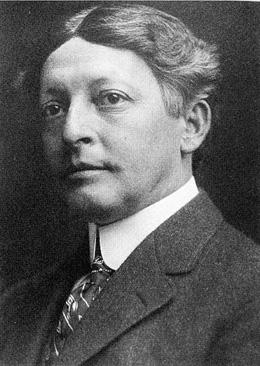
Kirtland Cutter, 1860-1939
“All through the town may be traced the trail of Mr. Cutter’s idealism, his visions come true in stone and brick, in wood and plaster. If ever one man set his seal on a place, Mr. Cutter has on Spokane.“—Hanna Hinsdale, The Spokesman-Review
Kirtland Cutter, Spokane’s best-known architect, was born near Cleveland in 1860. After attending schools in Cleveland, Cutter went to the Art Students’ League of New York where he studied illustration. From there, he traveled to Europe where he studied art, mainly in Dresden and Florence. He would later draw upon these European influences in his architecture. Cutter arrived in Spokane in 1886 and decided to practice architecture. His first designs were for his uncle, a prominent Spokane banker and himself. With the success of those homes, he designed homes for James Glover and F. Rockwood Moore and with those residential designs, he began a successful career of building homes for Spokane’s elite. After most of downtown Spokane was destroyed in the 1889 fire, Cutter was established enough to help rebuild the city along with his partner, John C. Poetz. While Cutter provided the artistic designs, Poetz provided the technical expertise. After Poetz retired, Cutter began working with Karl G. Malmgren. Cutter designed many buildings in downtown Spokane including the First National Bank, the Rookery Building, the Sherwood Building, the Pedicord Hotel, the Spokane Club, the Crescent Store and of course, the Davenport Hotel, completed in 1914. Cutter also designed many prominent buildings in Seattle and Tacoma. In 1923, Cutter moved his practice to Southern California where he designed houses in Long Beach, Palos Verdes, Beverly Hills, and San Marino. Cutter practiced successfully in California until his death in 1939, at age 79 in Long Beach.
Historic Inductee 2017
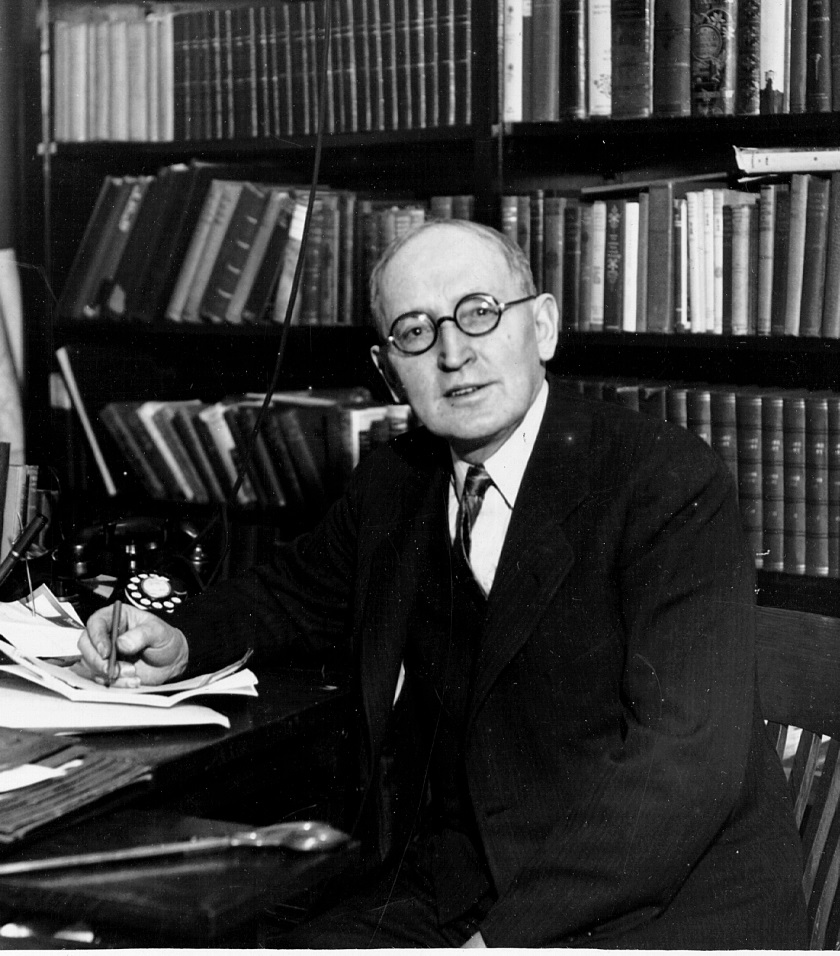
Aubrey Lee White, 1869-1948
“My definition of happiness is having a job to do, enjoying doing it, and then getting it done.”
Aubrey White, the “father of Spokane parks” served as president of the Spokane Board of Park Commissioners for twenty years. He arrived in Spokane from his native Maine in 1889 at the age of 20. White spent his early career selling mining stocks and railroad bonds in Eastern cities. He was able to see that many cities had not left enough land for parks and when he returned to Spokane, he was determined that Spokane not make the same mistakes. His first project was to create Manito Park. Unable to convince the city government to add the donated acres of parkland, he focused on private sector assistance. In 1907, a public vote established a nonpartisan volunteer board of park commissioners and an annual park levy. White became the first president of the park board and hired the Olmstead Brothers firm to develop a park plan. While White was involved with many business activities, including real estate, banking, railroads and mining, he always found time for civic affairs. During the 1920s, White’s business fortunes began to decline and he spent the last 26 years of his career as garden editor for the Spokesman Review, a position created for him by his friend, William H. Cowles. Backed by the newspaper, he set about saving the Spokane River and as a result of his crusade, managed to make 80% of the river banks parkland. The Aubrey White Parkway was named for him for these efforts. He worked for the paper until shortly before his death in 1948.
Historic Inductee 2016
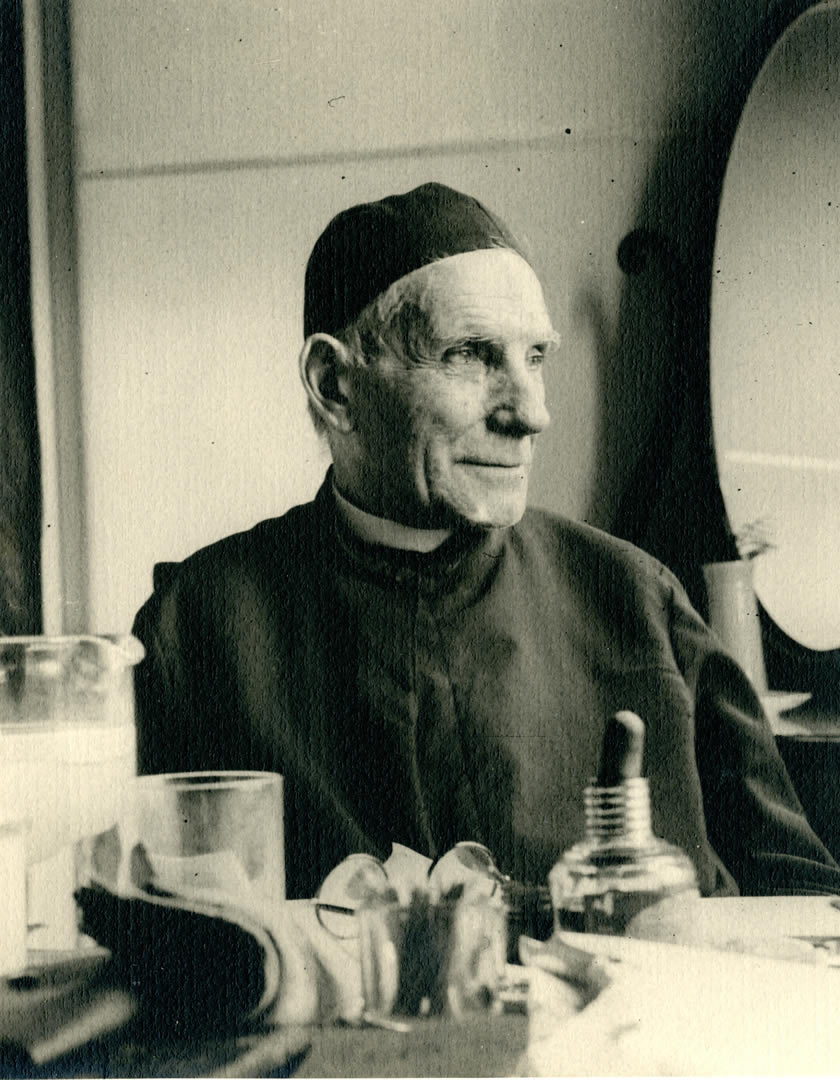
Father Joseph Cataldo, 1837 – 1928
“Spokane was just a little shanty town then and many criticized me for building such a large house in the wilderness.”
Joseph M. Cataldo, Jesuit priest and missionary, was born in Sicily in 1837 and joined the Jesuits in Palermo in 1852. After a long illness, Cataldo recovered his health, and was sent to Eastern Washington to minister to the Spokane Indians.
Cataldo first opened a small school at Saint Joseph, where he taught both Indian and White students. To expand the mission, Cataldo purchased two parcels of land. The first was north of Spokane and was used for the relocation of St. Michael’s mission, becoming Mount Saint Michael. The second parcel was located on the Spokane River, purchased in 1881 and in 1887, he established Gonzaga College at that site.
He continued to serve at missions all over the Northwest, including Idaho, Montana, Oregon, Alaska and Wyoming. He never retired and died while saying Mass on the Umatilla Indian Reservation when he was 92.
Historic Inductees 2016
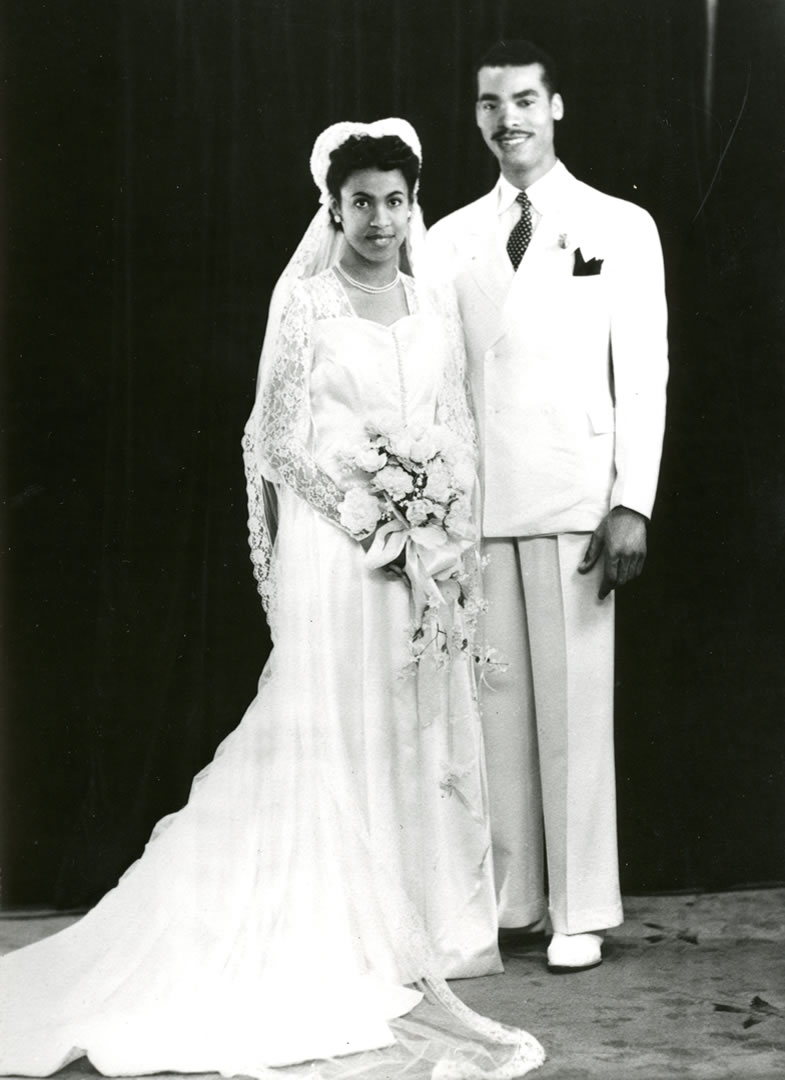
James Chase, 1914 – 1987
“I always believed in group participation and it followed me all through my life. I’ve always wanted to be of service to my community – to turn the tide and make changes.” James Chase
Eleanor Chase 1918 – 2002
“In some cities I would have experienced prejudice, but Spokane is just about the finest city there is.” Eleanor Chase
James E. Chase, Spokane mayor and civic leader, grew up in a poor family in segregated Texas. He attended high school at an all-black high school in Ballinger, Texas but his schooling ended when the school closed at the height of the Great Depression. He never received a high school diploma.
With two friends, he hopped on a freight train in 1934 and settled in Spokane. His first job in Spokane was as a porter and shoe-shiner at a hotel, the only job available for a black man. With another hotel porter, Chase helped form the Negro Active League, a social networking organization, to advance the cause of better opportunities for African Americans. In 1939, he and a friend started an auto repair business, which remained in business until 1981 when Chase ran for mayor. In 1942, he married Eleanor Barrow, a descendant of black pioneers in Spokane.
James later said that Eleanor was "the person who influenced my life the most" and that "all of my goals, desires and accomplishments are geared with her happiness in mind.” Eleanor stayed at home until their son was 11 and then worked for sixteen years as a social worker and then for nine years as an adoption and juvenile court officer. Eleanor was a classically trained singer and was a soloist at Westminster Congregational Church for thirty years.
In 1950, James was elected president of the Spokane Chapter of the National Association for the Advancement of Colored People (NAACP). He served as president for 17 of the next 19 years, with a two-year hiatus as vice-president.
He first ran for city council in 1969 and was defeated. He ran again in 1975 and became Spokane’s first black city council member. Chase ran for mayor in 1981 and won by a landslide. During his term in office, Chase was known for pulling people together to effect change.
Eleanor attended every city council meeting during all of James’ years in office and they were considered a strong team. Eleanor also served as a trustee for Whitworth and Eastern Universities along with many other civic boards. Due to health problems, James did not seek re-election in 1985 and died in 1987. Eleanor died in 2002.
Historic Inductee 2016
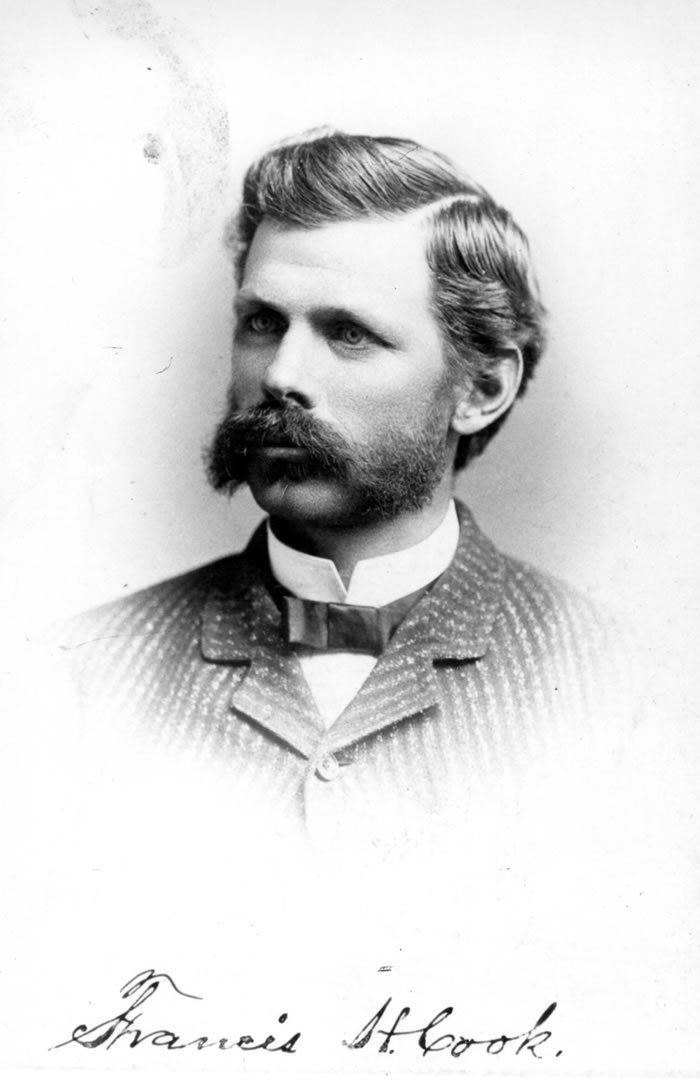
Francis Cook, 1851 – 1920
“I gave Spokane its first real publicity and believe that I had some part, at least, in shaping the future of the city.”
Francis H. Cook, newspaper editor, town booster, farmer, inventor, land developer and visionary, arrived in Spokane in 1879. He started Spokane’s first newspaper, The Spokan Times upon his arrival and published the paper until 1882.
Cook then set his sights on developing an area on Spokane’s South Hill. He purchased 680 acres and platted it out for development, including planning for a Montrose Park (now Manito). In 1888, Cook started the first steam powered street railroad, the Spokane and Montrose Motor Railroad, to move residents up and down the hill.
Francis Cook lost everything in the Panic of 1893, losing all his property and his streetcar line but he did not give up on Spokane. Around 1897, Cook and his family moved to property north of town that he had purchased before his financial collapse. This 640 acre farm on the Little Spokane River contained an artificial lake, a mill and an ice house.
During this period, Cook set his sights on “Old Baldy,” the mountain that was later renamed Mt. Spokane. Cook believed that the city should build a road to the top of Mt. Spokane but could not get any support for his plan. He purchased the top of the mountain in 1908 and set about securing the rights of way. With the help of his sons, he began building the road himself.
In 1912, a delegation from Spokane, including Washington State Governor Marion Hay and Spokane Mayor W. J. Hundley made a trip up the new road and named the mountain Mt. Spokane. Cook sold the property to the county in 1920 and died a month later. Others continued with Cook’s vision and Mount Spokane State Park was officially dedicated in 1927, becoming the first state park east of the Cascades and realized Cook’s vision for the mountain.
Historic Inductee 2016
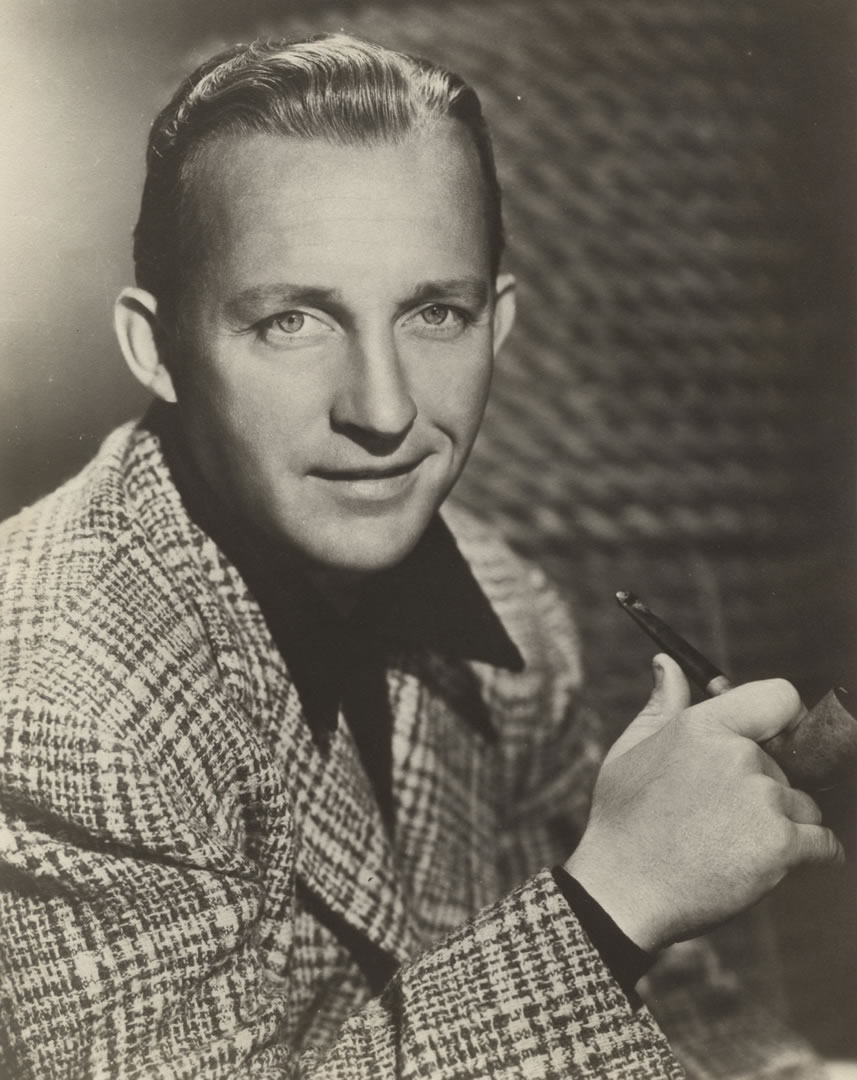
Bing Crosby, 1903 – 1977
“Love is the important thing: love and the right sense of values, which include a respect for people, a love of God, and a pride in achievement.”
Bing Crosby, international singing and acting star, was born as Harry L. Crosby, Jr. in Tacoma in 1903, the fourth of seven children. The family moved to Spokane in 1906 and Crosby's father built a house at 508 E. Sharp Avenue in 1913. That house now sits on the campus of Gonzaga University.
He got the nickname “Bing” from a comic strip which appeared in the Spokesman Review when he was a child. Crosby graduated from Gonzaga High School (now Gonzaga Prep) in 1920 and enrolled at Gonzaga University. He attended Gonzaga for three years, but did not earn a degree.
Bing started singing with various bands in local theaters in Spokane before leaving for Los Angeles with his friend Al Rinker in 1925. He and Rinker made some recordings together and Bing sang with various incarnations of bands before getting his solo recording contract in 1931 as well as landing his own radio show.
Debuting in 1931, his radio program became a big success, attracting as many as 50 million listeners during its peak, and lasting nearly grew 30 years on the airwaves. He also signed a movie contract in early 1930s and made a number of musical comedies. In the 1940s, he teamed with Bob Hope for the incredibly popular “Road” movies.
In 1930, he married singer and actress Dixie Lee and they had four sons. She died in 1952.
He married the actress Kathryn Grant in 1957 and they had three children. In the mid-fifties, he semi-retired and spent a lot of time hunting, fishing and golfing. He died of a heart attack while golfing in Spain in 1977.
Historic Inductee 2016
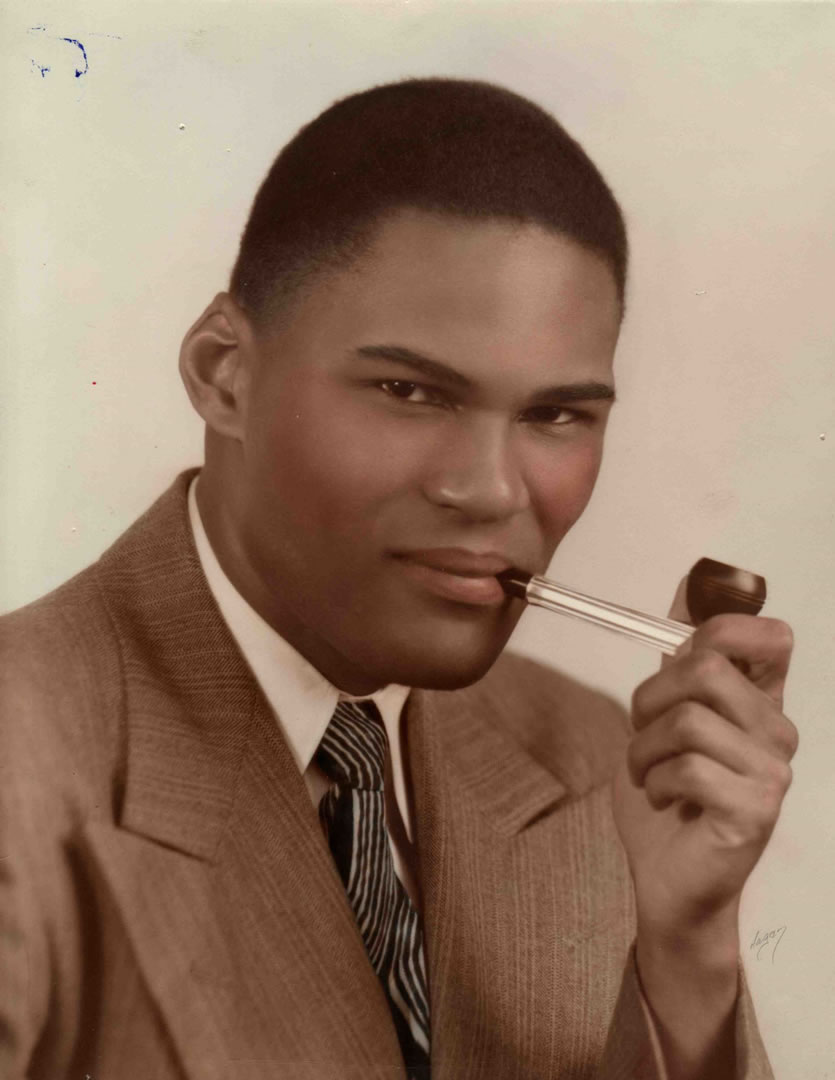
Carl Maxey, 1922 – 1997
“I have a basically competitive nature against the establishment. It’s a challenge to me, but on the other hand, these were important causes that we should make the moral commitments to resolve.”
Carl Maxey, civil rights leader, criminal defense attorney, and national collegiate boxing champion, was credited with “virtually singlehandedly desegregating much of the inland Northwest.”
Maxey spent most of his childhood at the Spokane Children’s Home before being expelled at the age of 11 because the board voted to stop harboring “colored children.” He lived briefly in the juvenile detention center before a Jesuit priest rescued him and took him to live on an Indian reservation in Idaho where Maxey learned to box.
His athletic skills won him a scholarship to Gonzaga Prep. After serving during World War II, Maxey came home and won scholarships to attend the University of Oregon and Gonzaga Law School where he was the only black student. While attending Gonzaga, he won the collegiate light heavyweight boxing championship.
In Spokane, he became the first black lawyer in Eastern Washington. As an attorney, he used litigation to break down racial barriers at restaurants, private clubs and schools. Maxey spent Freedom Summer (1964) in Mississippi and defended the Seattle Seven, an anti-Vietnam-War group. In 1970, he represented the anti-war wing of the Democratic Party when he challenged Washington’s longtime incumbent Senator Henry M. (Scoop) Jackson. At the time of his death in 1997, the Rev. Percy “Happy” Watkins, president of the Spokane County chapter of the NAACP said, “Carl Maxey, like Martin Luther King, was a drum major peace, a drum major for social justice, a drum major for equality and fairness.”
Arts & Letters 2016
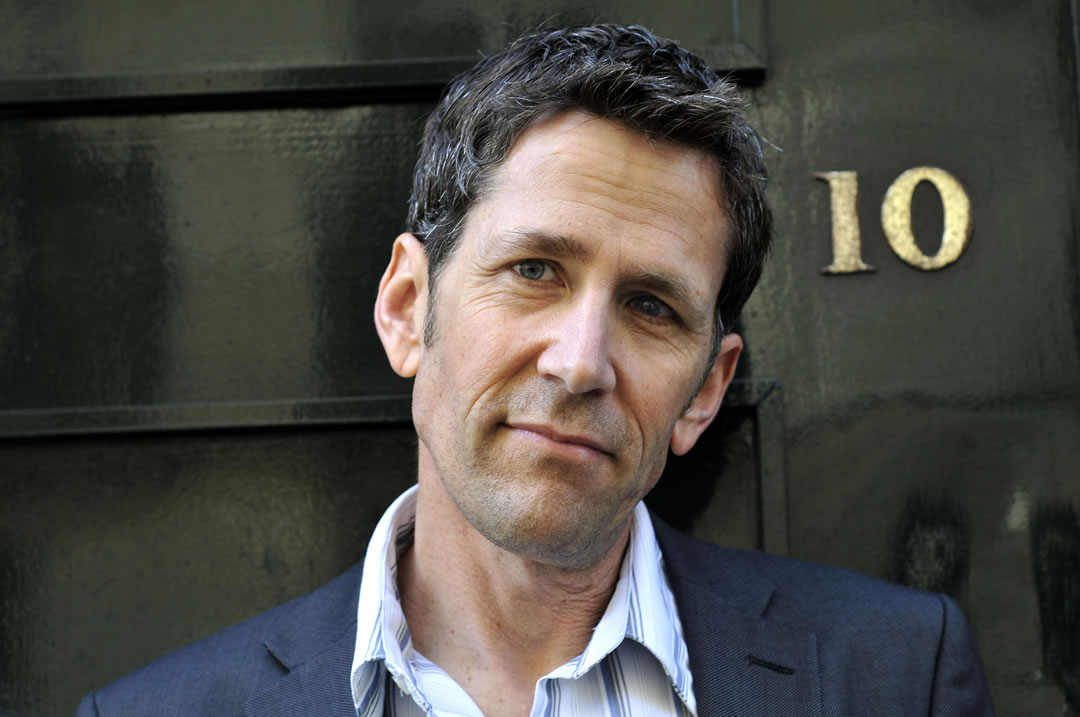
Jess Walter
“I write novels because I love the form, because it’s my favorite kind of storytelling to encounter and to practice, because I want to create for readers the experience of reading that I’ve had reading novels—that complete immersion and emotional connection.”
Jess Walter, Spokane author, has written six novels, a collection of short stories, and one work of non-fiction. He grew up in Spokane and studied both journalism and creative writing at Eastern Washington University. He began work at The Spokesman Review at the age of 19.
He worked at the paper for eight years and left to write his first book, Every Knee Shall Bow, the story of the standoff at Ruby Ridge in 1995, which developed from his newspaper reporting. He published his first novel, Over Tumbled Graves in 2001. He has published five other novels since then with his 2012 Beautiful Ruins receiving acclaimed reviews and appearing on the top of the New York Times bestseller list.
He is also a founder of Spokane’s INK Space, which develops workshops, classes and events for Spokane writers and artists of all ages.
He lives in Spokane with his wife and three children.
Innovation & Leadership 2016
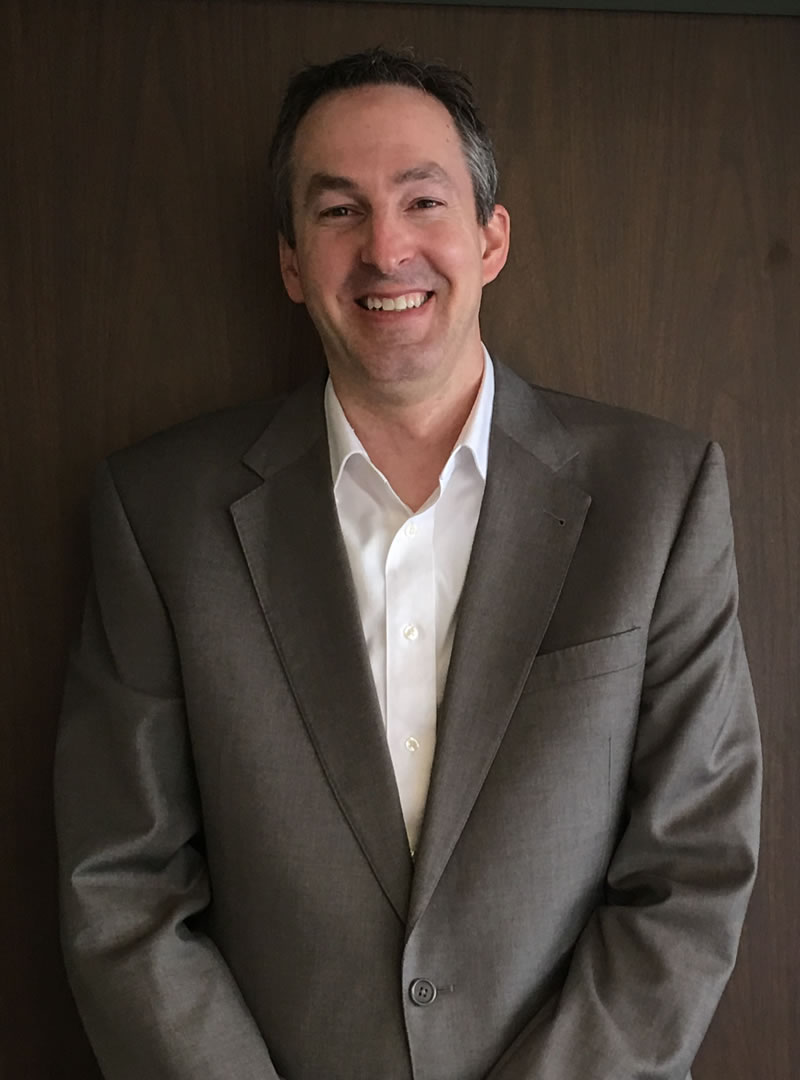
Dr. Darin Nevin
“Crime and health are closely related by substance abuse and mental illness. We can build stronger communities by forming teams from medicine and law to help ill offenders help themselves.”
Darin Neven is an emergency physician who has been practicing at Providence Sacred Heart Medical Center since 2005.
He serves as the medical director of ED care coordination programs in Spokane, Yakima, Everett, and the Tri-Cities. He is also the medical director for the Inland Northwest Respite Program and the Spokane Hot Spotters Community Action Group.
Darin was born and raised in Marshalltown, Iowa where he developed an appreciation for the outdoors through hunting and fishing. He attended Iowa State for his B.S. before earning a master’s degree in biomedical engineering and completing medical school at the University of Iowa.
After medical school, he completed a residency in emergency medicine at the Medical College of Wisconsin before working as an emergency physician in two small hospitals in the Lake Tahoe area for 4 years before coming to Spokane.
In Spokane, Dr. Neven was one of those leading the effort to create a “Hot Spotters” program, a collaborative effort to help the chronically homeless who end up in emergency rooms and jails constantly. The Hot Spotters moved into an organization run by the Empire Health Foundation known as Better Health Tomorrow, an umbrella of programs and services.
Dr. Neven has worked with the Spokane Community Court since its inception and according to his Citizen Hall of Fame nomination, “His innovative leadership brought together different organizations in Eastern Washington to solve the problems of homelessness, mental health and chemical dependency addiction among the poor and the dispossessed in downtown Spokane.”
Dr. Neven and his wife, Stacee live on the north side of Spokane in Nine Mile Falls where they enjoy the outdoors.
Public Service & Philanthropy 2016
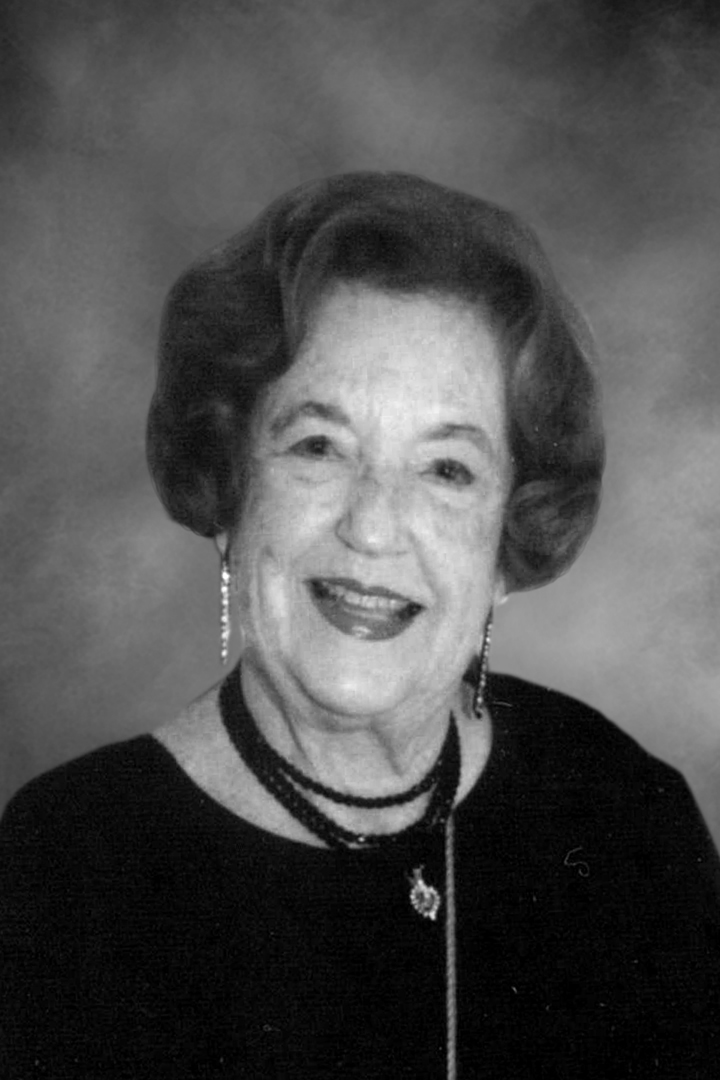
Jeanne Ager
“Since my siblings and I were young, we were encouraged to give back to the community, and to share our talents with those around us. Spokane has been a great place to raise our families, and we enjoy seeing our descendants to continue to contributing to our city.”
Jeanne Ager, owner of Ager Consulting Company since 1995, has worked for the past 20 years mentoring non-profit organizations volunteer boards and staffs with an emphasis on growing funds for Spokane area non-profit organizations.
Prior to creating her own consulting company, she was the development director for Dominican Outreach Services & Foundation and the Executive Director for the Spokane Inland Northwest Community Foundation. She has served on numerous boards and foundations including the Community Colleges of Spokane, Sisters of Holy Names, and the Radiation Health Effect Archives among many others.
In 2005, the YWCA awarded Jeanne as the Women of Achievement winner.
Also in 2008, the Junior League of Spokane selected her as Outstanding Sustainer for her exemplary service.
Education 2016
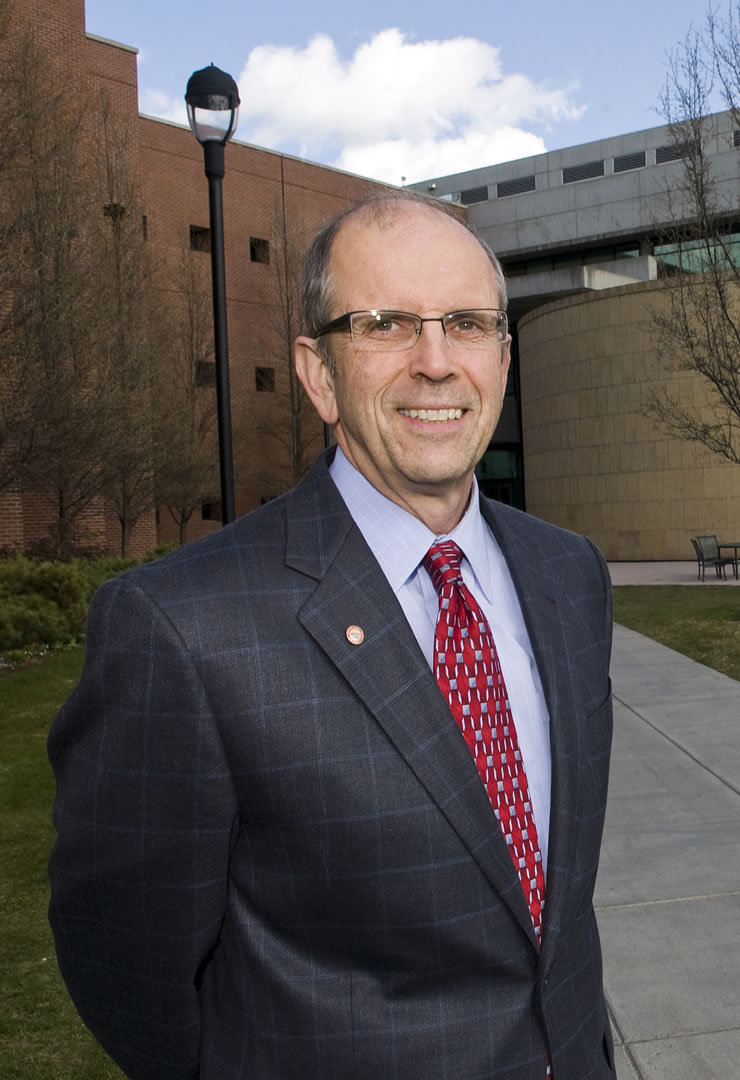
Patrick Jones, Ph.D.
“My career at Eastern Washington University combines pulling together academic insights to address the needs of Eastern Washington. That’s a wonderful combination and very meaningful to me.”
Patrick Jones has been the Executive Director of EWU's Institute for Public Policy & Economic Analysis since its inception in 2002.
The institute provides data on a variety of critical issues facing local governments, businesses and non-profit groups around the Northwest. Jones strives to make the Institute a model for how EWU makes connections to surrounding communities.
He was formerly the director of External Affairs at the Spokane Intercollegiate Research and Technology Institute (Sirti), where he worked with business development, community outreach and government relations.
He has been the executive director of the Biotechnology Association of the Spokane Region (BASR), chair of the St. Luke's Rehabilitation Institute community advisory board, a member of the Spokane Economic Development Council, chair of the Spokane Entertainment Arts Convention Advisory Board (SEACAB), member of the board of the Association of University Business & Economic Research bureaus and board member of the Spokane Convention and Visitors Bureau (CVB).
He is currently the chair of the City of Spokane Council on Economic Policy and Forecasting.
Dr. Jones has a Ph.D. in applied and agricultural economics from the University of Wisconsin-Madison.
Economic Development & Business 2016

William Stacey Cowles
“Decay and dissolution have been replaced by renovation, excitement and opportunity – and we've built an organization that will continue the momentum forward for decades to come.”
Stacey Cowles is president of The Spokesman Review and president of the Cowles Company, a family-owned Spokane based firm engaged in media, forestry, insurance, real estate development and growth capital investment.
He joined The Spokesman Review in 1989 and worked in the marketing and advertising departments before succeeding his father as publisher in 1992.
He formerly worked for The Associated Press in London and as a mergers and acquisitions specialist in the New York office of the KPMG Peat Marwick accounting firm.
He earned his B. A. in Economics at Yale University and received an M.B.A. degree from Columbia.
He is the fourth generation of the Cowles family to run The Spokesman Review.
He and his wife Anne are the parents of John, 23 and Margaret, 21.
Science, Health, & Medicine 2016
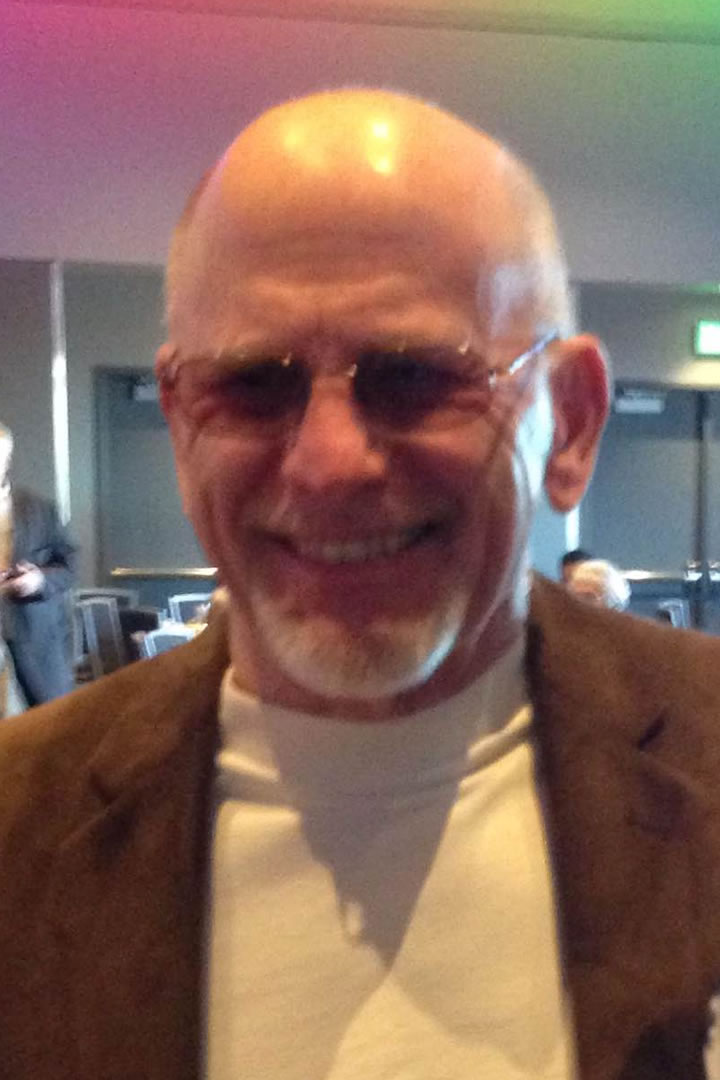
Dr. Alan Hendrickson
“The whole idea of dealing with this is as a team. The physician is not the god in this. He’s just a contributor.”
Dr. Alan Hendrickson, pediatrician and children’s advocate, completed his medical degree at the University of Wisconsin and settled in Spokane in 1977. He served families through the Rockwood Clinic from 1985 until his retirement in 2008.
He saw the need for a new approach to the problem of child abuse after seeing too many cases of “failure to thrive” and treating serious injuries from abuse.
In 1987, over lunch with CPS staff, Dr. Hendrickson diagrammed on a napkin a multidisciplinary approach to child abuse and neglect. The organization which Dr. Hendrickson founded based on that sketch became Spokane Area Regional Center for Child Abuse and Neglect (RCCAN), a public-private partnership aimed at filling the gap in service to families.
Since his retirement, he has continued to work two days a week to the organization that is now called Partners with Families & Children.
Community Impact Award 2016
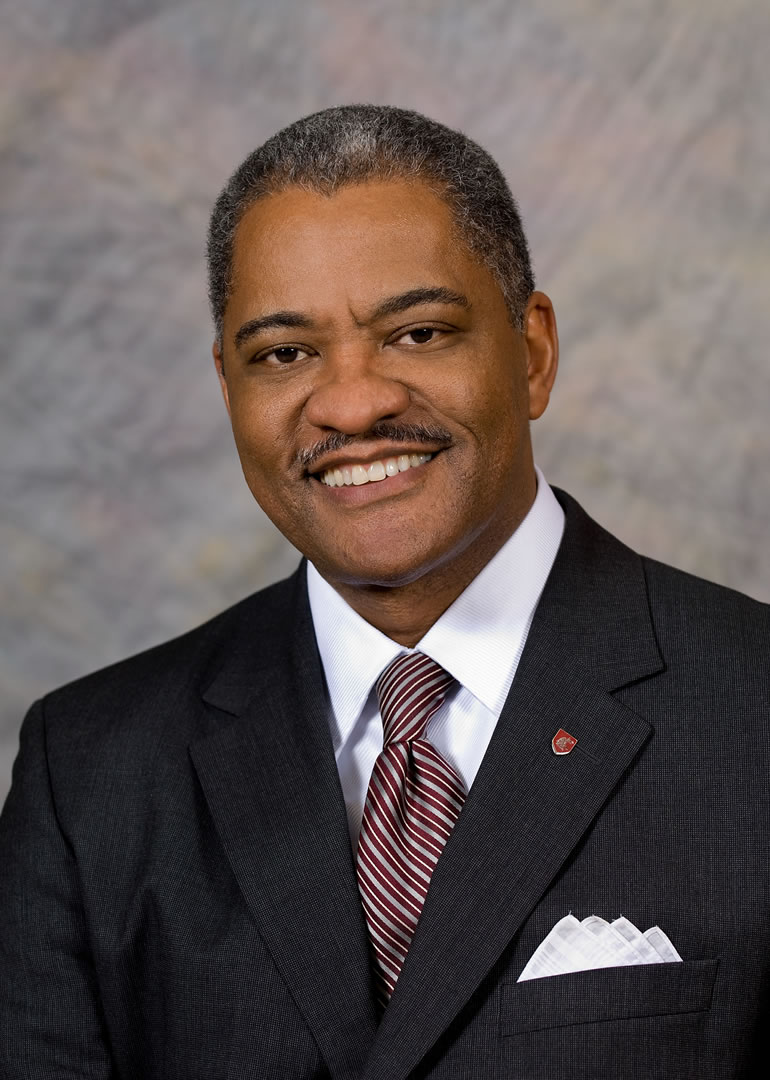
Dr. Elson S. Floyd
“An investment in higher education is an investment in the future of Washington. Our state will be stronger as a consequence.”
Elson S. Floyd was named Washington State University’s 10th president on December 13, 2006. He took office on May 21, 2007 and died on June 20, 2015, of complications from colon cancer.
Floyd transformed WSU into a top-tier research university while navigating some of the worst fiscal challenges in the institution’s history. Under his leadership:
- Overall student enrollment grew to record highs, reaching 28,686 in fall 2014. The number of students of color nearly doubled.
- Annual research expenditures grew by 57.5 percent from approximately $213.2 million in 2007 to more than $335.9 million in 2015, placing WSU in the top 11 percent of public universities for research funding.
- All of WSU’s health sciences programs were consolidated on its Spokane campus, including the colleges of nursing and pharmacy, and the new College of Medical Sciences.
- WSU won bipartisan support in the Washington state legislature to create its own, separately accredited medical school at WSU Health Sciences Spokane.
- WSU completed 30 major construction projects from 2007–2015, including one of the world’s most technologically advanced wine science centers at WSU Tri- Cities.
- The Paul G. Allen School for Global Animal Health opened with anchor gifts from Microsoft co-founder Paul G. Allen and the Bill & Melinda Gates Foundation.
- The University successfully completed the $1 billion fundraising Campaign for Washington State University: Because the World Needs Big Ideas.
Affectionately known as “E Flo,” President Floyd was a favorite among WSU students.
He always went out of his way to greet and visit with the students he encountered and knew many of them by name. He once told a student reporter that as a college student he often felt invisible and didn’t want any WSU student to feel that way.
He and his wife, Carmento, attended many student-centered activities, including WSU sports events where they were known to cheer from the student section.
Thousands of students followed a Twitter account Dr. Floyd started as a way to better connect with them. He gave many students his personal cell phone number and encouraged them to contact him if they needed anything.
President Floyd was deeply committed to WSU’s land-grant mission. He was a visionary with enormous understanding of the modern land-grant university and the manner in which it should serve the public.
He pursued educational programs and research efforts that aligned the resources of WSU with the needs of Washington State and its people.
A champion of broadening access to higher education, President Floyd expanded WSU’s campuses in Spokane, Tri Cities, and Vancouver, and established the Global Campus and WSU North Puget Sound at Everett.
Innovation & Leadership 2015

Photo by Young Kwak.
Courtesy of The Inlander
Donald F. Kardong
“The birth of Bloomsday was largely accidental, but is growth has been no accident. It has grown because people have been willing to commit energy, resources and vision.”
Don Kardong grew up in the Seattle area, graduated from Stanford University in 1971, received a second bachelor's degree and a teaching certificate from the University of Washington in 1974, and moved to Spokane that year to take a job as an elementary school teacher.
In 1976, Don finished fourth in the Olympic marathon in Montreal, and the next spring (1977) he founded the Lilac Bloomsday Run (Bloomsday). In 1977 he left teaching to open a retail sporting goods store in downtown Spokane (1977-1986), and after selling the business in 1986 he pursued a career as a writer, primarily for Runner's World magazine, for the next 16 years. From 2002-2004 he served as executive director of the Children’s Museum of Spokane. In August of 2004, after many years as a member of Bloomsday’s Board of Directors, he took over as Race Director.
He is married (wife Bridgid), and has two grown daughters.
Historic Inductee 2015
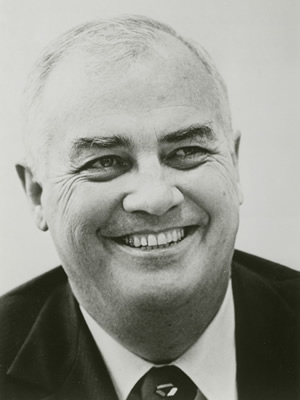
King Cole, 1922–2010
“…the center of the city is its heart. And with any organism, no matter how healthy the extremities and other members are, if the heart is sick, the total community is going to get sick.”
King Cole, President of Expo ‘74, was a 20th century visionary who changed the face of downtown Spokane. Cole was born in Colorado and served with the Navy during World War II before attending college and law school in California. He was working as director of San Leandro, California’s development program when he came to Spokane in 1963 to assume leadership of Spokane Unlimited. His mission was to revitalize the downtown business district and help Spokane’s sluggish economy.
When he arrived in Spokane, railroad yards obscured the polluted Spokane River as it flowed through downtown. Cole brought community groups together to clean up the river and the city’s image. Under Cole’s leadership, a business and citizens’ coalition came up with the idea of hosting a World’s Fair, but Expo was a means to an end to revitalize the river and downtown. Cole coordinated local, state and national leaders and was instrumental in brokering the deal with the city and railroad officials for a land swap.
Expo ‘74 was a huge success with Spokane becoming the smallest city ever to host a world’s fair, but its real achievement was the transformation of the river and the falls along with the creation of Riverfront Park. He continued to support community partnerships for urban planning until his death in 2010.
Historic Inductee 2015
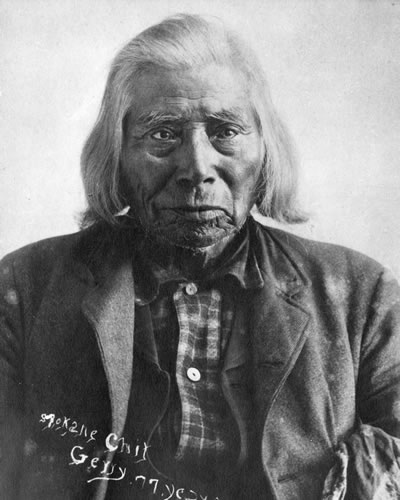
Chief Spokan Garry, ca. 1811–1892
“I am very sorry the war has begun. Like the fire in a dry prairie, it will spread all over the country, until now so peaceful.”
Chief Spokan Garry, Indian leader, educator, missionary and farmer, was born around 1811. His real name was Slough-Keetcha, and he was the son of the Spokan Chief Illm-Spokanee (ilmz sPQNi/). In 1825, his father sent him to the Red River missionary society school established by the Hudson’s Bay Company where he was given the name Spokan Garry. Garry spent five years at Red River, where he learned to speak, read and write both English and French. When he returned, he taught both children and adults Christianity, as well as English and agricultural techniques.
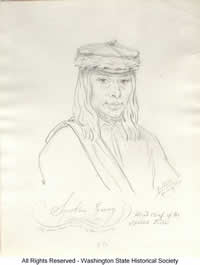 Because of his role as leader of the Middle and Upper bands of the Spokane tribe, along with his English language skills, Garry represented his people in treaty negotiations in the extraordinary times of military conflict with the white settlers.
Garry was a man of peace who tried to persuade the Spokane Indians not to fight the U. S. Army.
From 1859 until his death, Garry worked unsuccessfully to establish a reservation for the Spokane tribe on their homeland.
After white settlers dispossessed Garry and his family of his farm in 1888, Garry lived in poverty in Indian Canyon until his death in 1892.
Because of his role as leader of the Middle and Upper bands of the Spokane tribe, along with his English language skills, Garry represented his people in treaty negotiations in the extraordinary times of military conflict with the white settlers.
Garry was a man of peace who tried to persuade the Spokane Indians not to fight the U. S. Army.
From 1859 until his death, Garry worked unsuccessfully to establish a reservation for the Spokane tribe on their homeland.
After white settlers dispossessed Garry and his family of his farm in 1888, Garry lived in poverty in Indian Canyon until his death in 1892.
Arts & Letters 2015
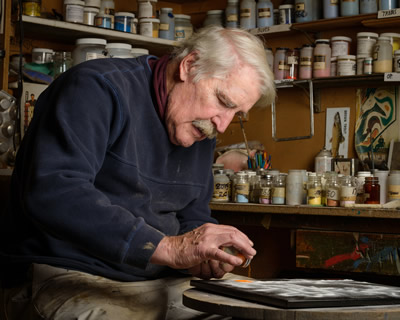
Photo credit: CreativeLifeSpokane.com
Harold Balazs
“The lesson of the artist is to rejoice in mystery, in questions. I don’t want answers.”
Harold Balazs, artist and visionary, has been creating art in Washington since he was a student at WSU in the 1940s. Growing up on a farm in Ohio during the depression, he learned to make do with what was on hand. He developed an interest in art as a child before moving to Washington. He has created art in every medium, including murals, jewelry, painting, sculptures from wood, enamel, and every kind of metal. In Spokane, he has produced massive public art projects including the Rotary Riverfront Fountain, the Centennial Sculpture, along with projects in churches, schools and banks too numerous to list. He has produced countless public art projects in Seattle, Alaska and throughout the Northwest.
He has elevated the quality of life for our community by bringing his senses of beauty, humanity and joy into our daily lives.
Economic Development & Business 2015
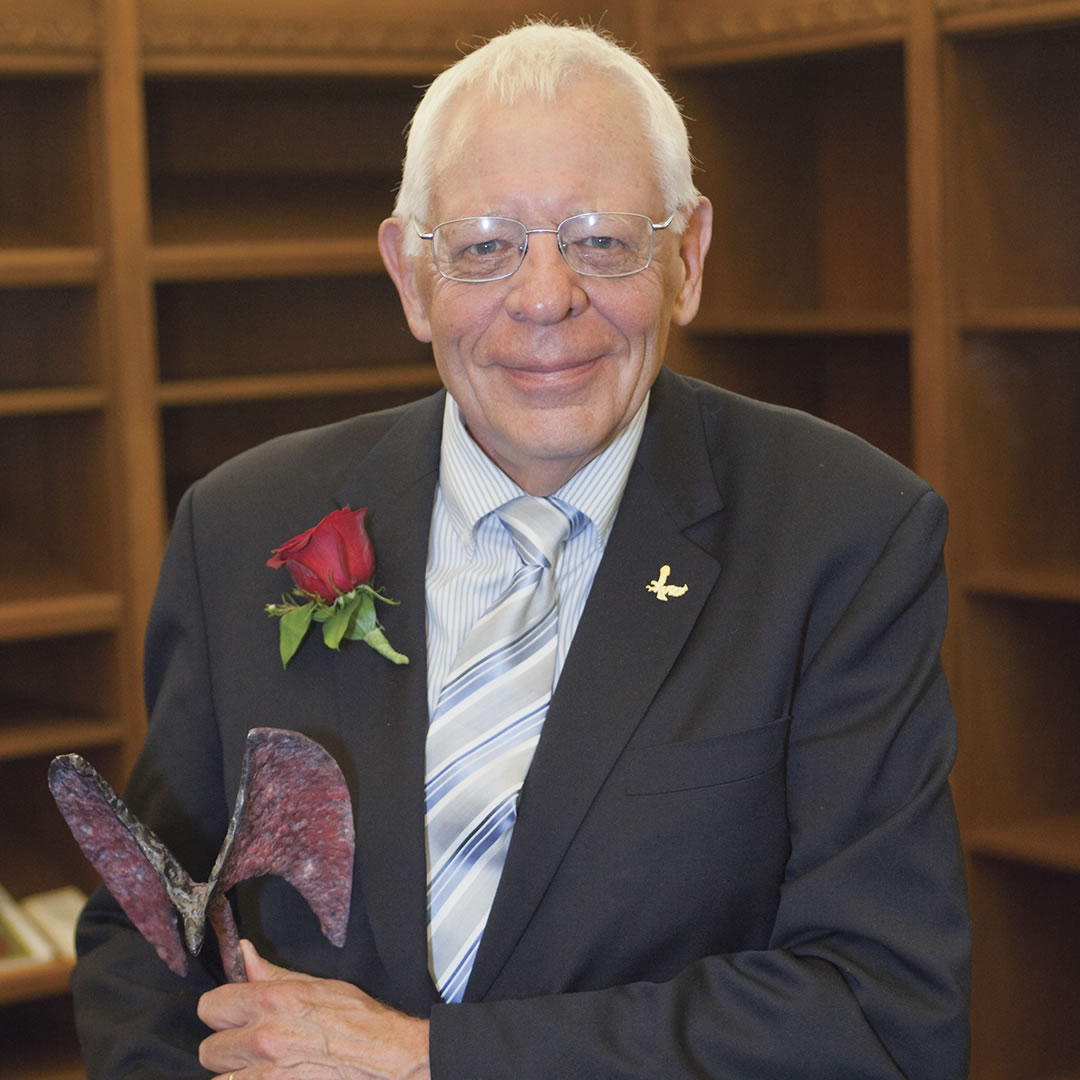
Gordon Budke
“I grew up in a family that for generations had been hard-working laborers. I was the first person in all the generations to gain a college education with a four-year college degree.”
Gordon Budke worked his way through college and earned his Bachelor’s in Business Administration in 1963 from Eastern Washington University. He became a CPA, working for Coopers & Lybrand for 34 years and serving as managing partner for half of that. After retiring from there, he formed Budke Consulting and provides assistance to small and growing companies. He has served Spokane with his contributions to numerous boards and societies and nonprofit organizations including Kiwanis, Spokane Arts Commission, Goodwill, Leadership Spokane (Class of 83), Heart Institute of Spokane, YMCA, United Way, Spokane Jazz Society, Spokane Club, Spokane Jaycees, American Red Cross, Cheney Cowles Museum, Spokane Area Economic Development Council, MOMENTUM, FOCUS 21, Spokane Club, Spokane Symphony, The Ministry Institute, Eastern Washington University (Board of Trustees, Foundation and College of Business Dean’s Advisory Council) and Junior Achievement. Gordon currently serves on boards of Banner Bank and Yoke’s Foods, Inc.
He and wife Rhoda, both EWU Alumni, have been married for 53+ years and have three great sons, three wonderful daughters-in-law and four fantastic grandchildren.
Public Service & Philanthropy 2015
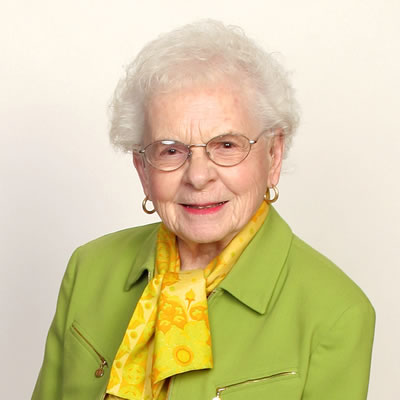
Dr. Elizabeth Welty
“Decisions, you know, are made of a mosaic. A little influence here, a little influence there and suddenly you wake up, and there it is. And you feel good about it. And certain.”
Elizabeth Welty, MD, practiced medicine in Spokane from 1949 until her retirement in 1985 in a joint practice with her late husband, Robert. She has consistently advocated for and generously supported both public and private educational institutions, a broad spectrum of the arts and humanities, health-care institutions, human service organizations and, indeed, is involved in numerous activities that enhance the quality of life in Spokane. In addition to financial support, she has given generously of her time as a volunteer board member to organizations across the community.
Though raised and educated in the eastern US, she fully adopted her husband’s hometown, Spokane, when they moved here in 1945. Her consistent and generous interest in doing all she can possibly do to enhance quality of life in Spokane has made a great difference in multiple programs in Spokane and in the region while Dr. Welty has remained quite modest about her outstanding accomplishments. She will celebrate her 100th birthday in March, 2015.
Historic Inductee 2015
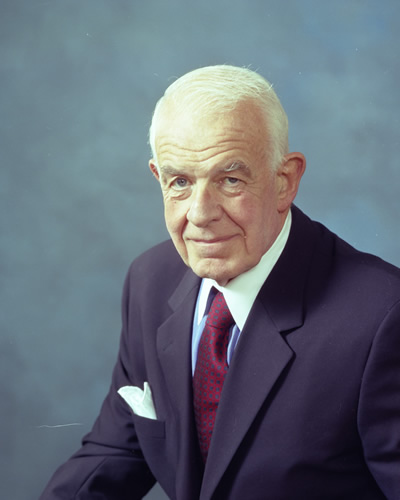
Thomas S. Foley
“If I had one compelling concern in the time that I have been speaker, but previous to that as well, it is that we not idly tamper with the Constitution of the United States.”
Tom Foley was born in Spokane in 1929 and attended Gonzaga Prep and Gonzaga before transferring to the University of Washington where he received his B. A. and his law degree in 1957. He began his career with the Spokane County prosecutor’s office, taught constitutional law at Gonzaga’s law school and worked in the office of the Washington State attorney general. In 1960, he joined Henry “Scoop” Jackson’s staff. Foley won in his first run for Congress in 1964.
Rising steadily through the ranks, aided by his widely-noted charm and good humor, Foley was elected Speaker of the House in 1989, the first Speaker from west of the Rocky Mountains. He felt that his biggest achievements were in the areas of farm bills, hunger programs, civil liberties, environmental legislation and civil rights bills. He earned Washington State’s highest recognition, the Washington Medal of Merit for his service in the House of Representatives. After leaving office, he went on to be the U. S. Ambassador to Japan from 1997 to 2001 and was the North American chairman of the American Trilateral Commission from 2001 to 2008.
Historic Inductee 2015
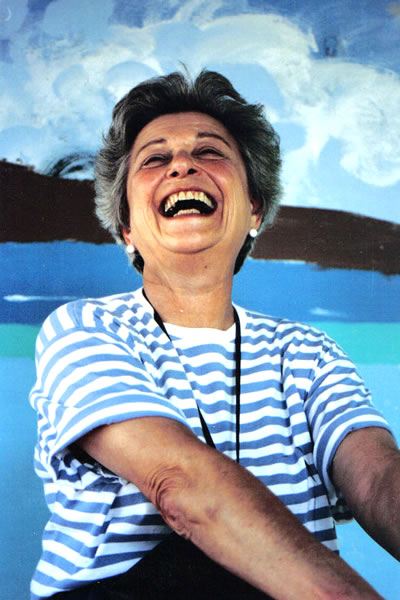
Vicki McNeill
“I believe we all have the same goals: to make Spokane a better place to live for everybody.”
Vicki McNeill, Spokane’s first woman mayor, was appointed to the city council in 1982 to complete the term of Jim Chase, who had been elected mayor. She won the seat a year later and successfully ran for mayor in 1985, serving a four year term. Before she began her political career, she was known for her fund raising talents, raising money for numerous charitable and cultural organizations.
McNeil arrived in Spokane in 1962 and began volunteering her time for organizations in which she believed. After her time as mayor, she served on the state’s Higher Education Board, and chairwoman of the Davenport Neighborhood Development Committee. McNeill also served on the Sacred Heart Medical Center Foundation Board and was a founding member of Women Helping Women. She died in Spokane in 1997.
Historic Inductee 2015
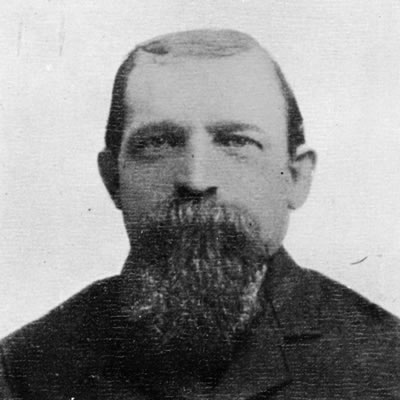
Daniel K. Oliver
Mainstream history has largely forgotten his accomplishments, but Oliver was integral to the development of Spokane as we know it today.
Daniel K. Oliver was a thirty-three year old Civil War veteran from Pennsylvania who arrived in 1878 to what would later become the City of Spokane. A skilled carpenter, he was also an entrepreneur who invested in a wood mill and became a manager in a planning company. He later branched out into mining and real estate. In 1896, Oliver was elected to serve a two-year term on the city council in Ward 2 (currently lower South Hill).
Oliver was also an entrepreneur with investments in the timber industry, mining and real estate; all crucial industries in Spokane's early history.
In 1892, he built Oliver Hall, a two-story brick building with a society hall on the second floor. He was involved in numerous civic organizations and died in Spokane in 1906.
Historic Inductee 2015
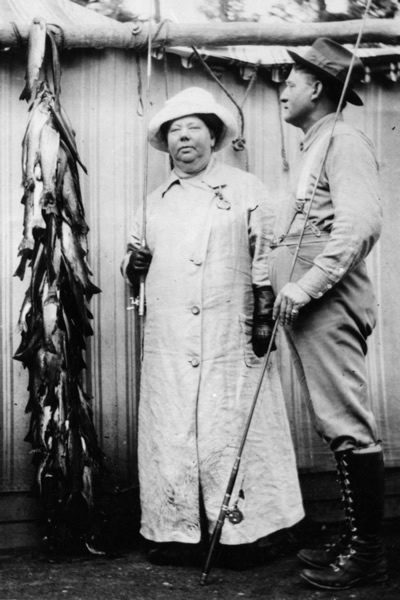
Photo: Courtesy of the Northwest Museum of Arts and Culture
May Arkwright Hutton
“Man is not woman’s keeper, and has no more inherent right to think and vote for her than he has to suffer punishment for her crimes.”
May Arkwright Hutton, working woman and suffragette, is still widely known in Spokane almost a hundred years after her death. May was born in Ohio and migrated to Idaho in 1883 to take part in the gold rush. Settling in Wardner Junction, she worked as a cook in a saloon before opening her own boardinghouse. In 1887, she met and married Levi Hutton, a train engineer and they moved to Wallace, Idaho. May worked running the restaurant in the Wallace hotel and was a union activist in violent times.
In 1897, the Huttons bought a small interest in the Hercules mine and in 1901, the mine began producing silver. Within ten years, they were millionaires but May’s lack of social skills, brusque manner and strong opinions did not fit into the social life of the wives of mine owners. In 1904, she decided to run for the Idaho state legislature. She won the Democratic ticket, but lost the election. The Huttons moved to Spokane in 1906 and in moving to Washington, May lost her right to vote. She quickly became active in the suffrage movement until Washington voters granted women the right to vote in 1910. She was the first woman juror in Spokane County. She remained active in Democratic politics, the peace movement and many charitable organizations supporting women and children. When she died in 1915 at the age of 55, she was eulogized as an “author, suffragist, philosopher, humanitarian… who always fought on the moral side of all questions, and never forgot the poor and unfortunate.”
Education 2015
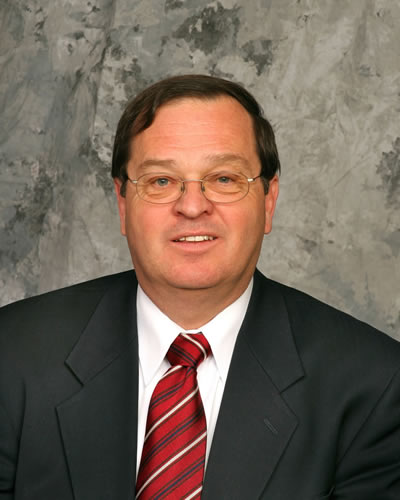
Gary A. Livingston
“The only way you’re successful is if you communicate your issues and provide opportunities for people to communicate their issues to you.”
Gary A. Livingston, a champion of equal education, served as the chancellor for Community Colleges of Spokane from 2002 to 2010. Prior to his term with the community colleges, he served as superintendent for the Spokane Public Schools from 1993 to 2001.
He began his career in education in 1970 as a special education teacher in the Topeka, Kansas public school district. He became superintendent of the Topeka district in 1988 and served in that position for five years before moving to Spokane. He has served on the boards of numerous educational and civic organizations, including KSPS, United Way, Spokane Regional Chamber of Commerce, Spokane Regional Economic Development Council (chair 2005-06), Providence Health Care, Educational Service District 101, Spokane Mental Health, and the Northwest Museum of Arts and Culture.
Science, Health, & Medicine 2015
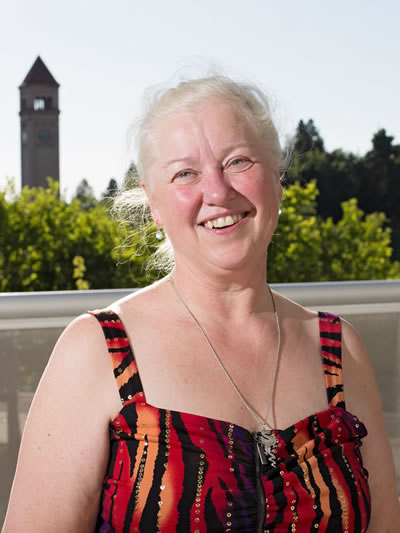
Peg Hopkins
“Working in healthcare is like working on a solvable puzzle. It seems that providing quality health care to all individuals is something that can be accomplished. That’s what keeps me motivated to get to work every day.”
Peg has served as Executive Director/CEO of Community Health Association of Spokane (CHAS) since the organization’s inception in 1994. She has dedicated her career to improving the quality of life for Spokane residents most in need. From 1991-1995, Peg designed and implemented a housing development program for special needs populations in Spokane. During this time, she worked closely with local health programs ranging from mental health, HIV/AIDS, development disabilities, and substance abuse. Her experience and reputation as a project supervisor and advocate for the underserved led to her being recruited to lead Spokane’s first and only health care for the homeless program.
Over the past 20 years, CHAS has grown from a two-room clinic to now operating four clinics in the City of Spokane. These four sites served more than 38,000 patients in 2014, including 6,000 homeless patients. CHAS is a critical part of Spokane, serving everyone in need, regardless of insurance status or ability to pay. Peg’s service to Spokane has resulted in access to basic health care services for residents who would otherwise have gone without.
Peg Hopkins has made significant contributions to the development of Spokane’s health care infrastructure and the quality of life for all Spokane residents. She has built a solid organization that meets a critical need in our city.
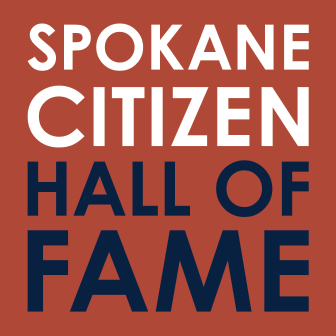

-sm.jpg)
-sm.jpg)
-sm.jpg)
-sm.jpg)
